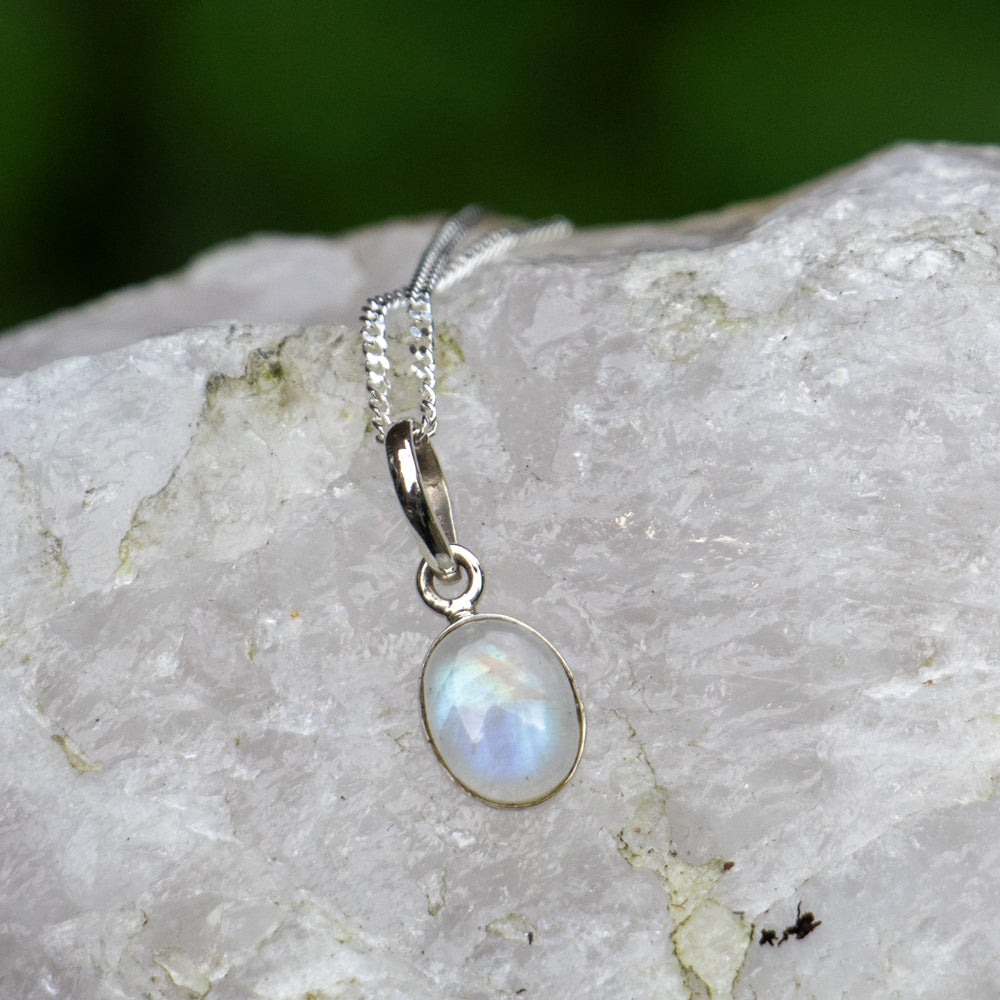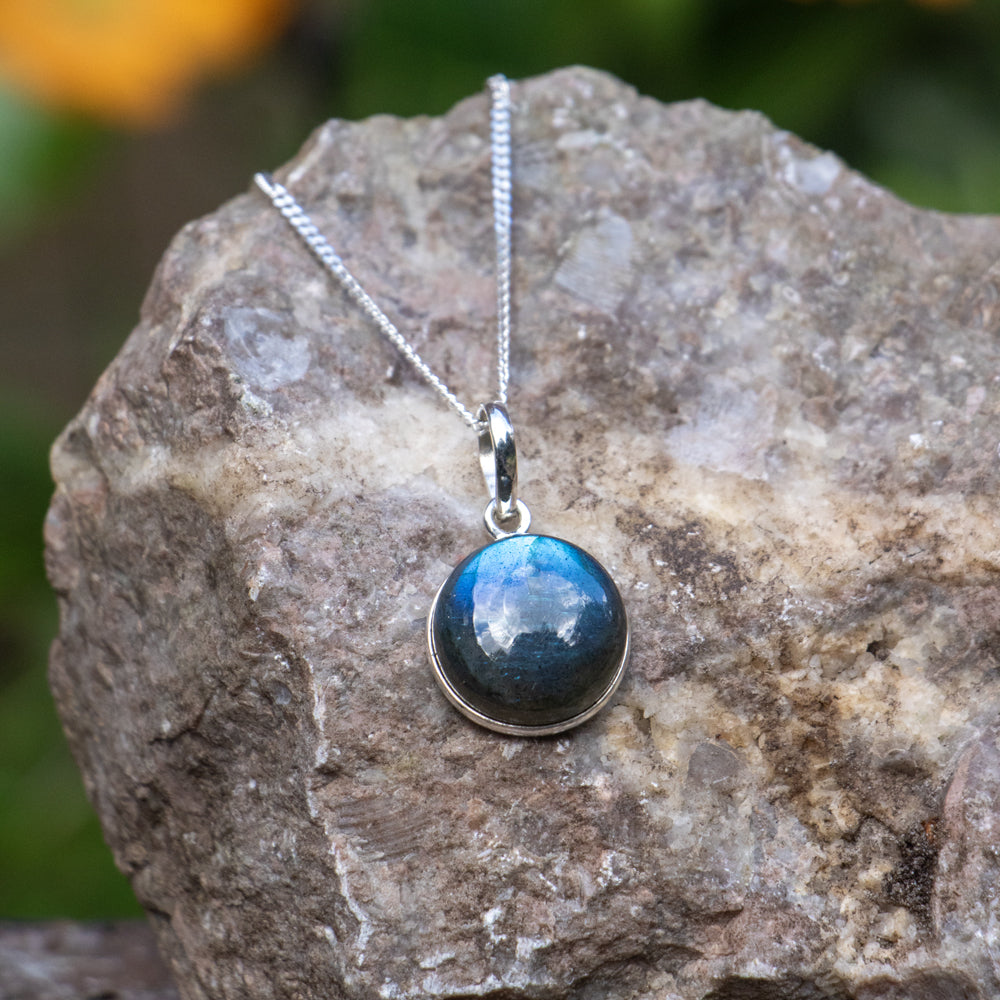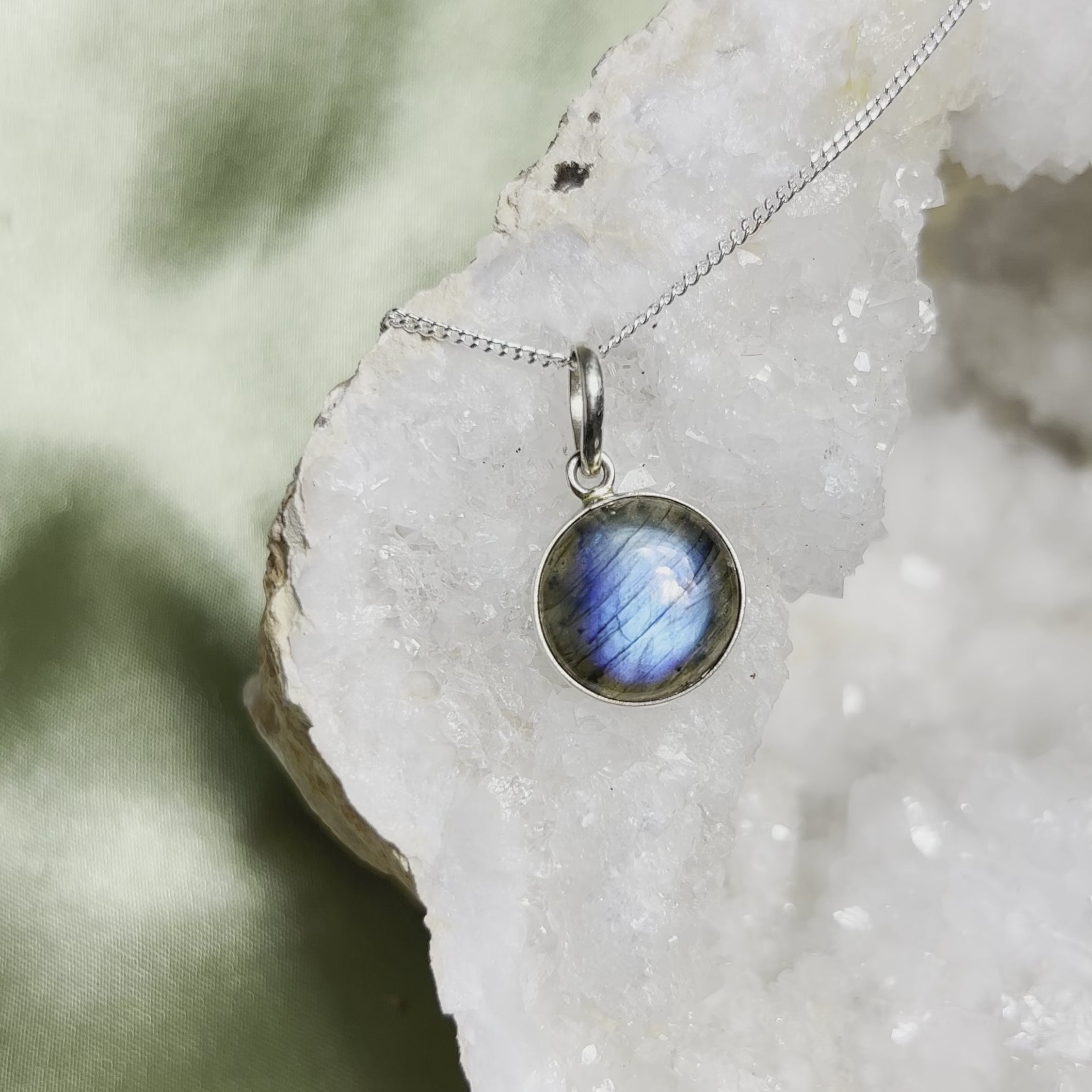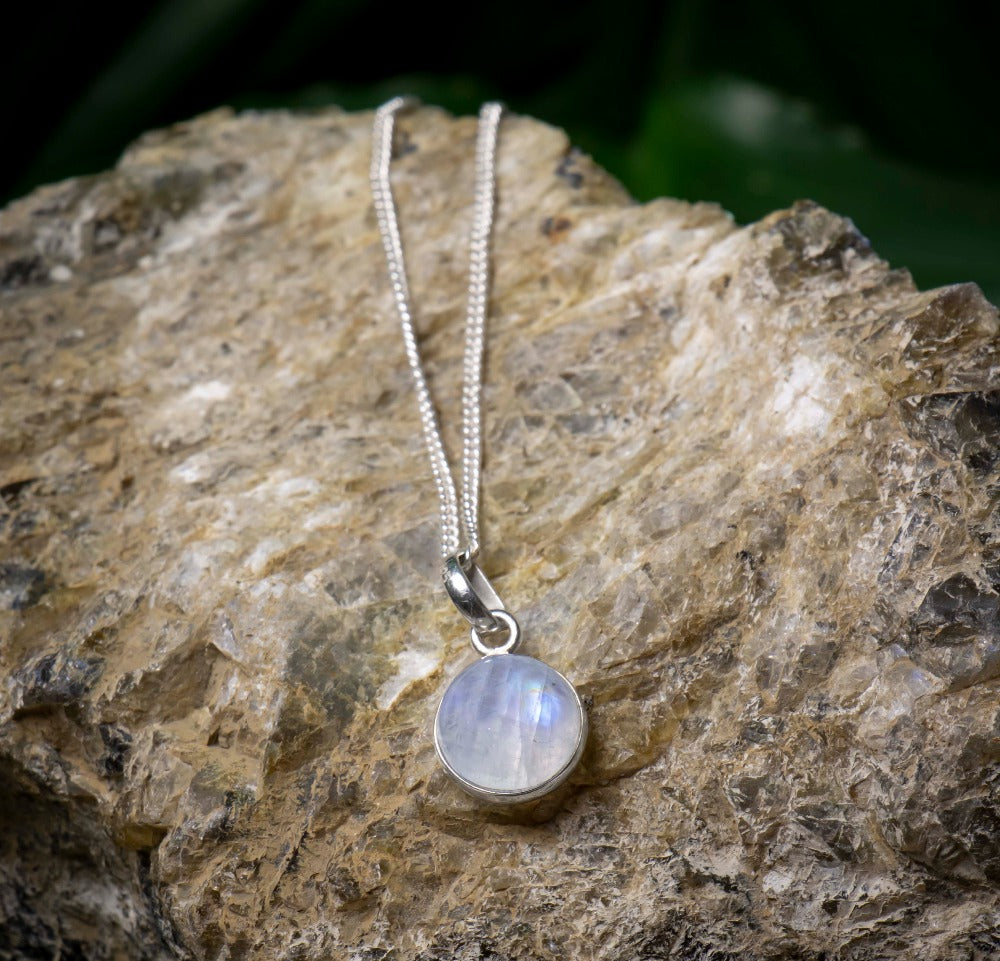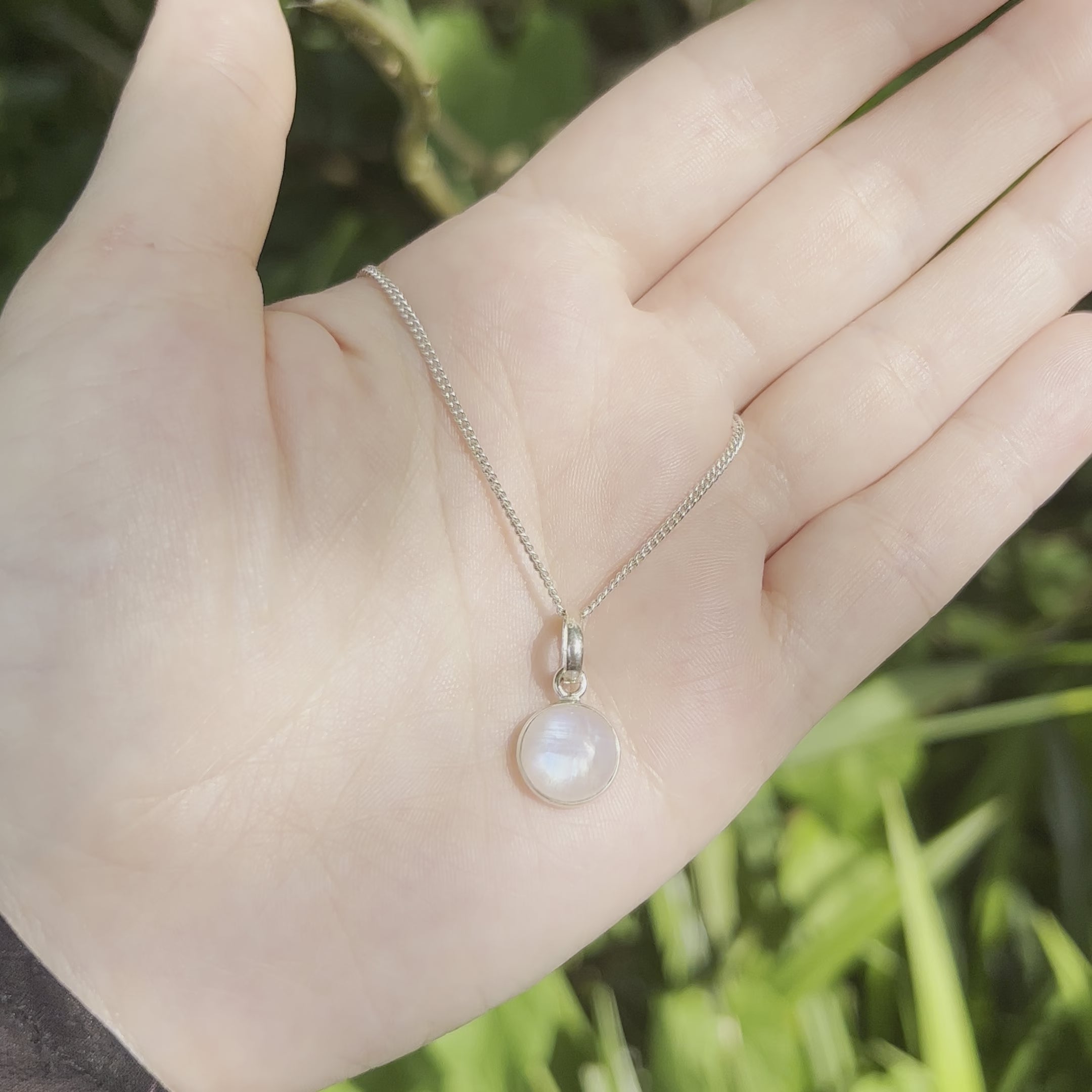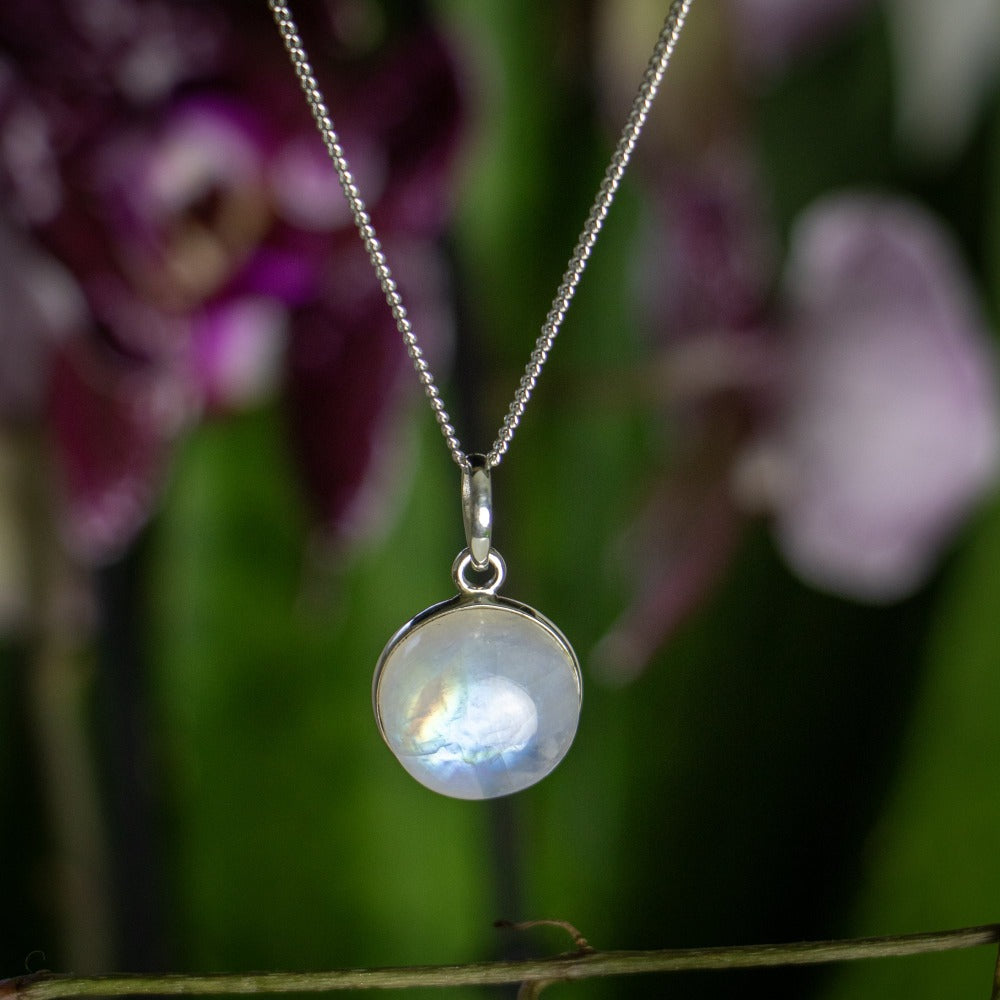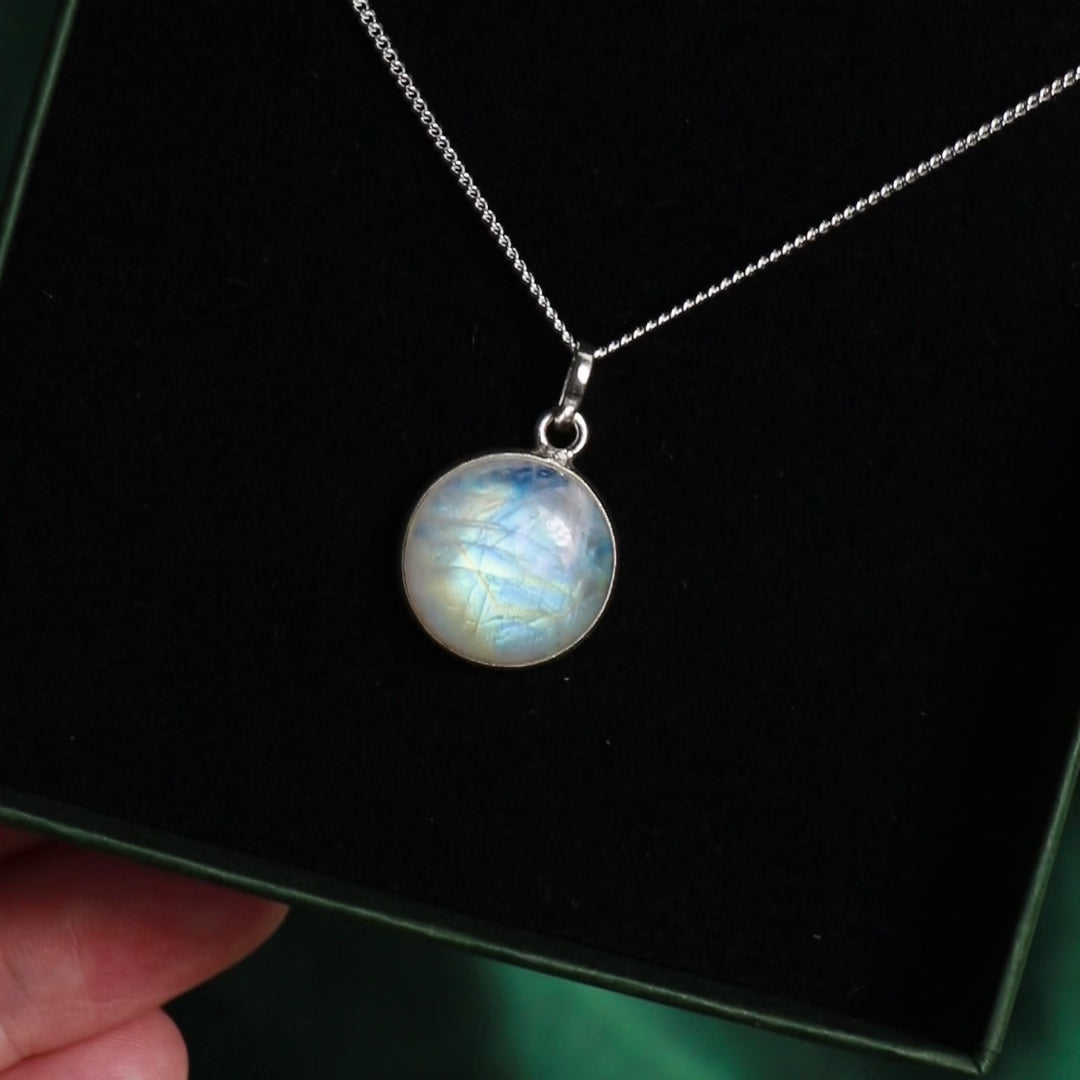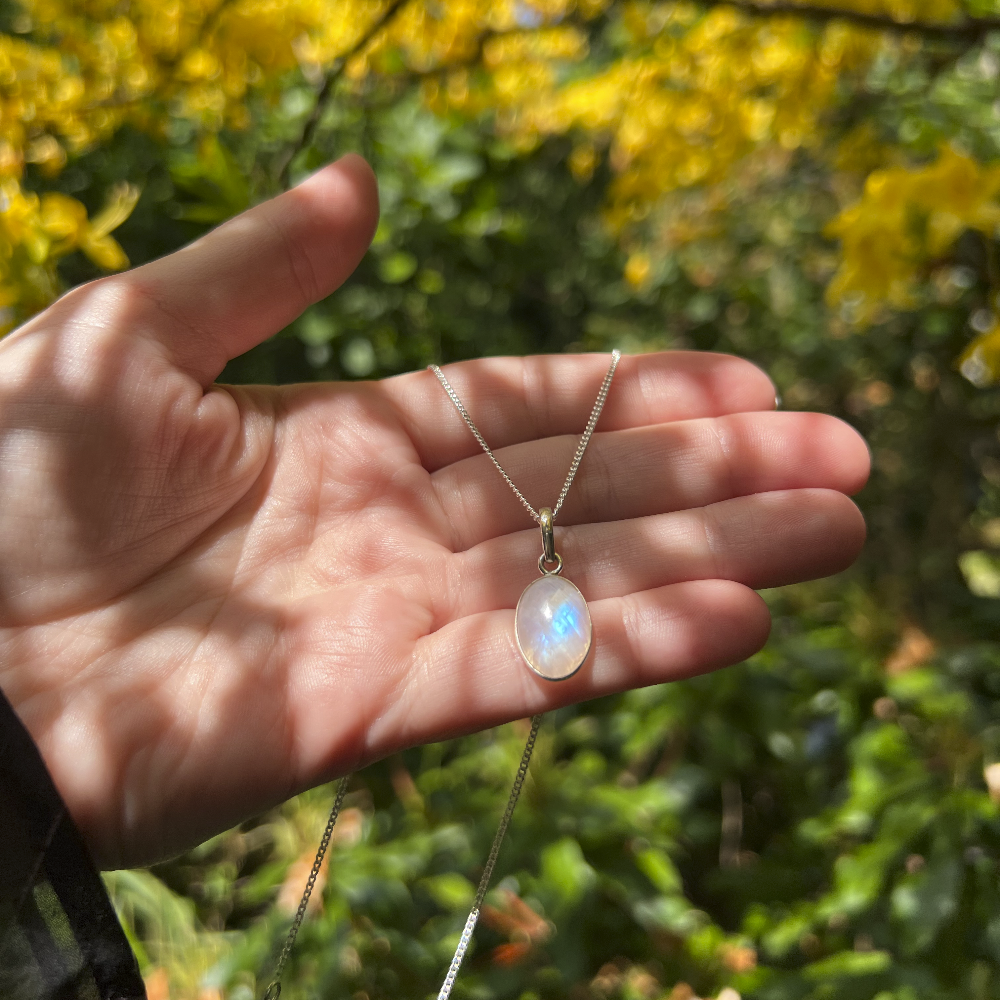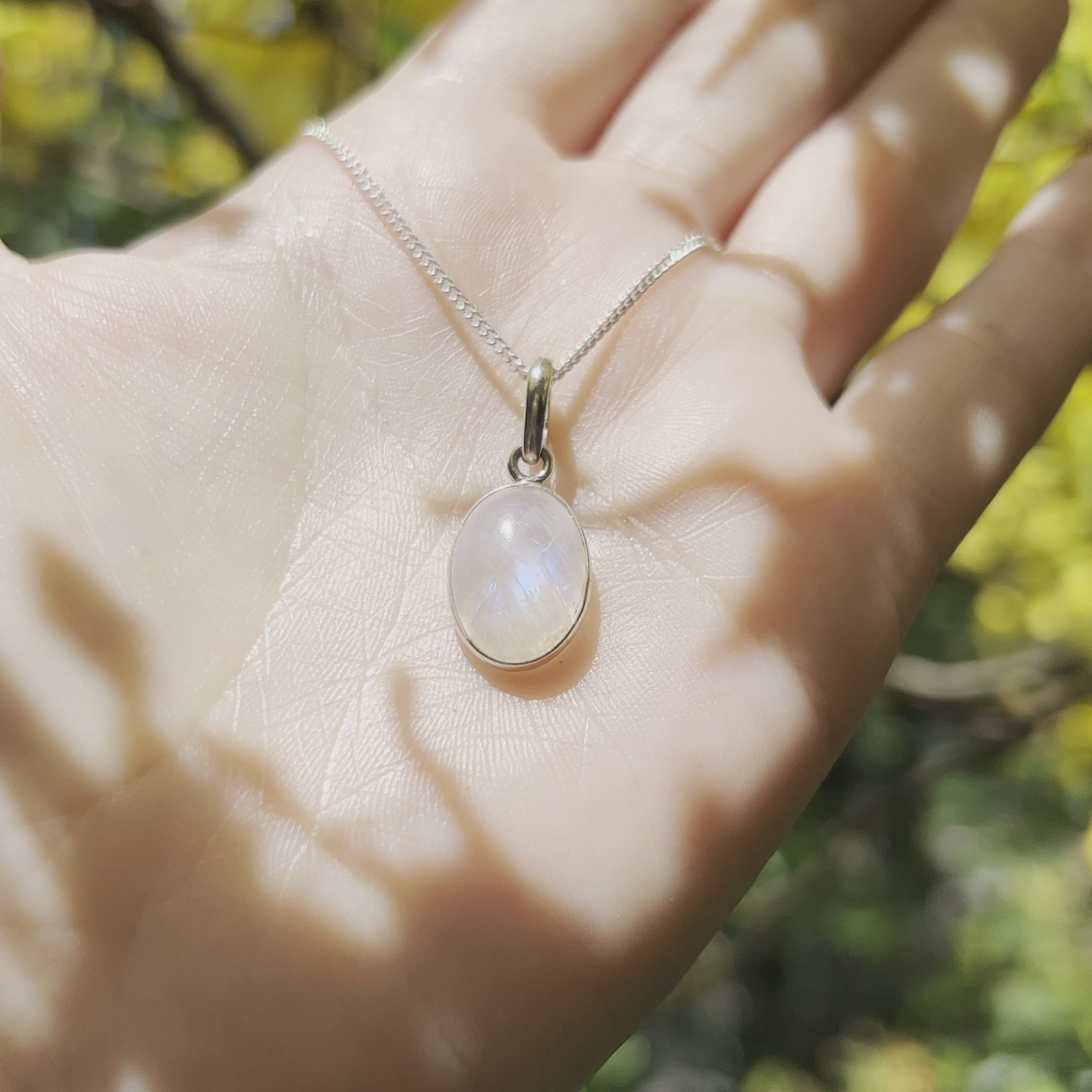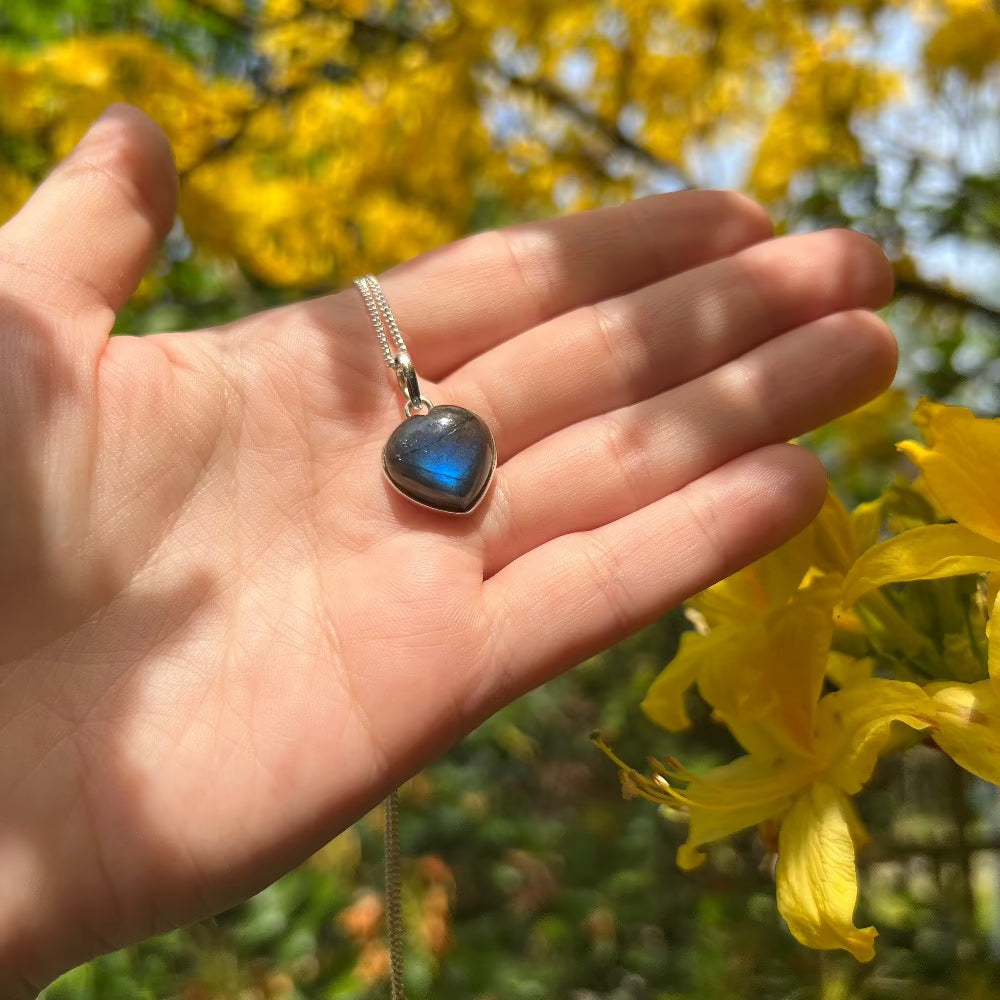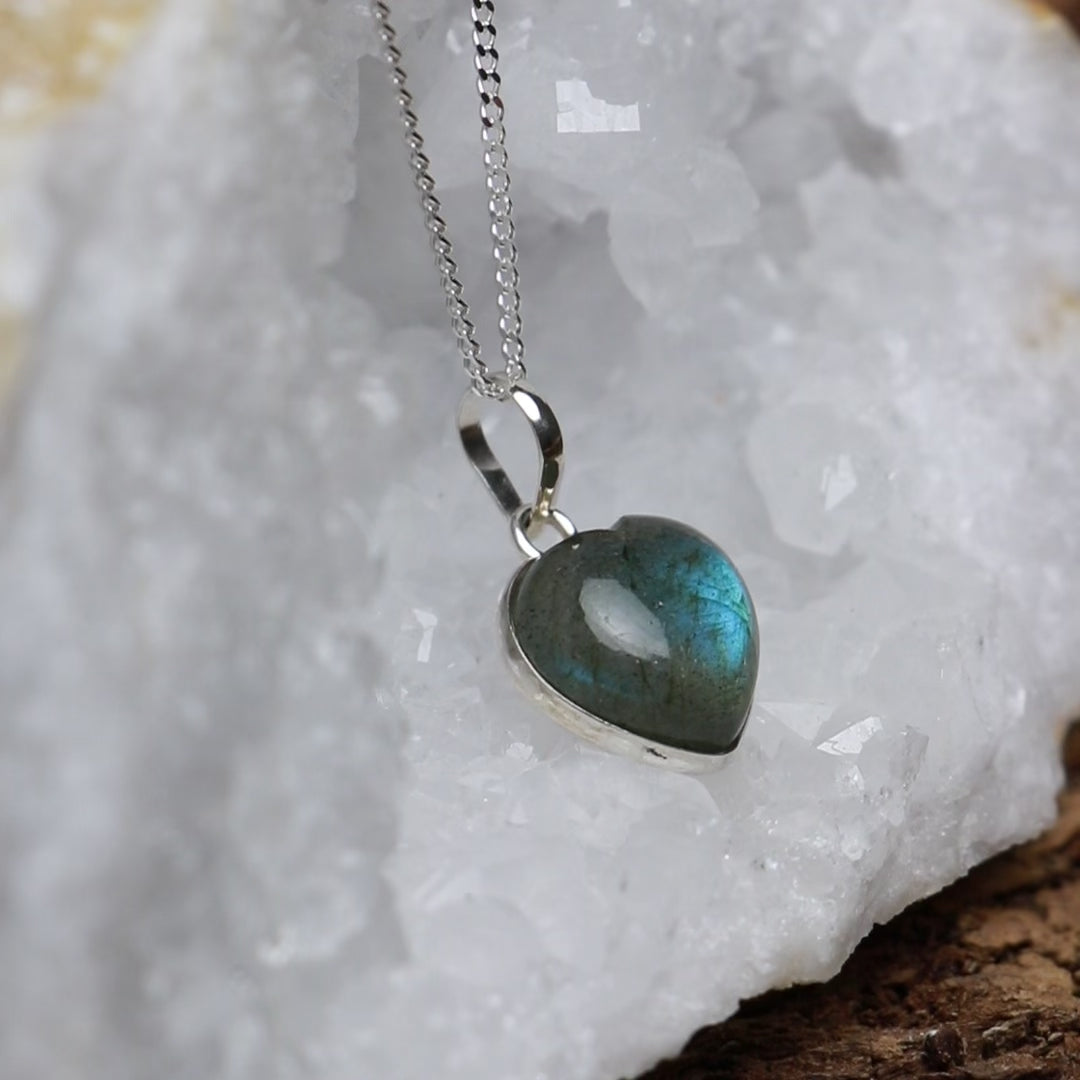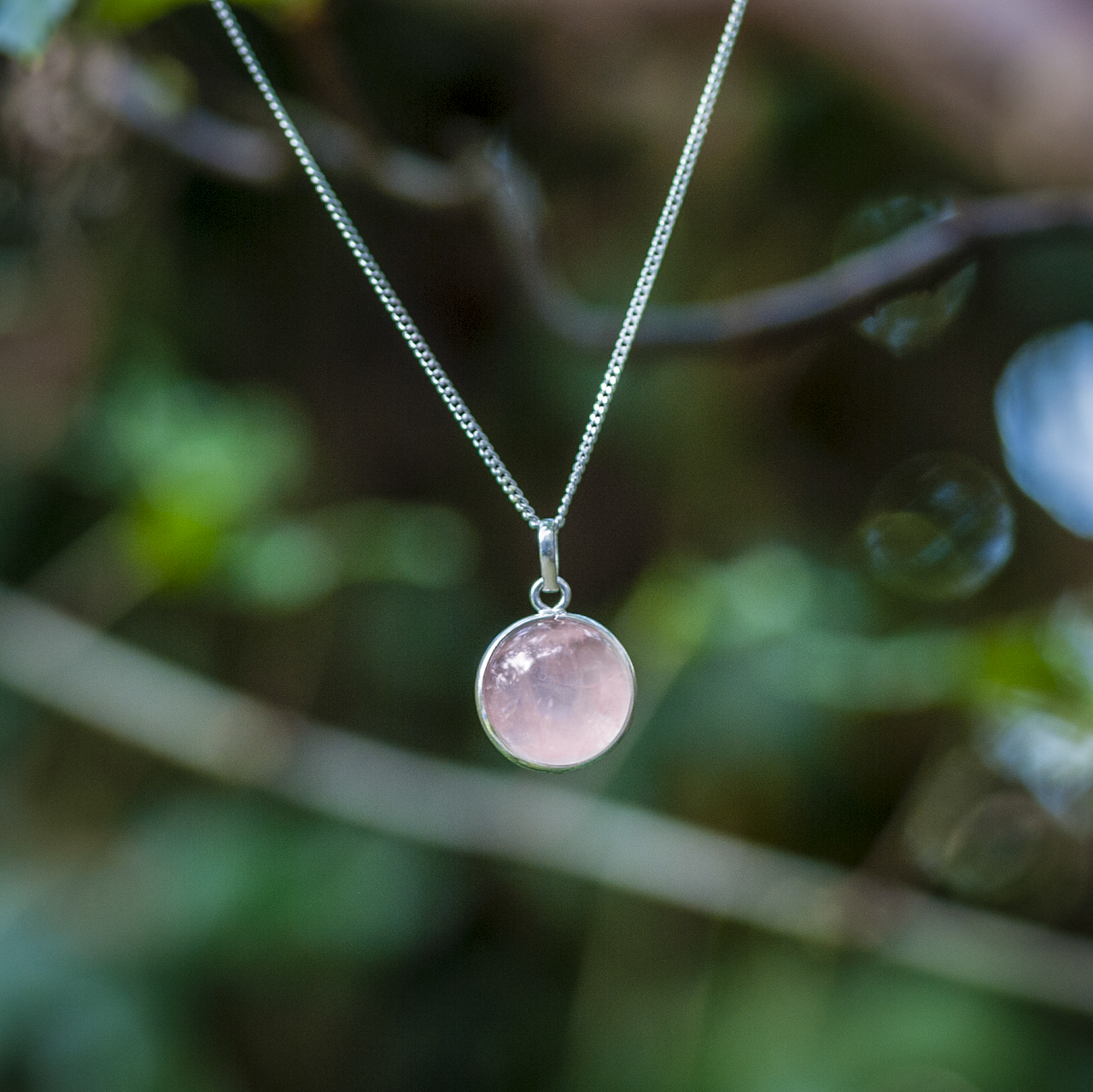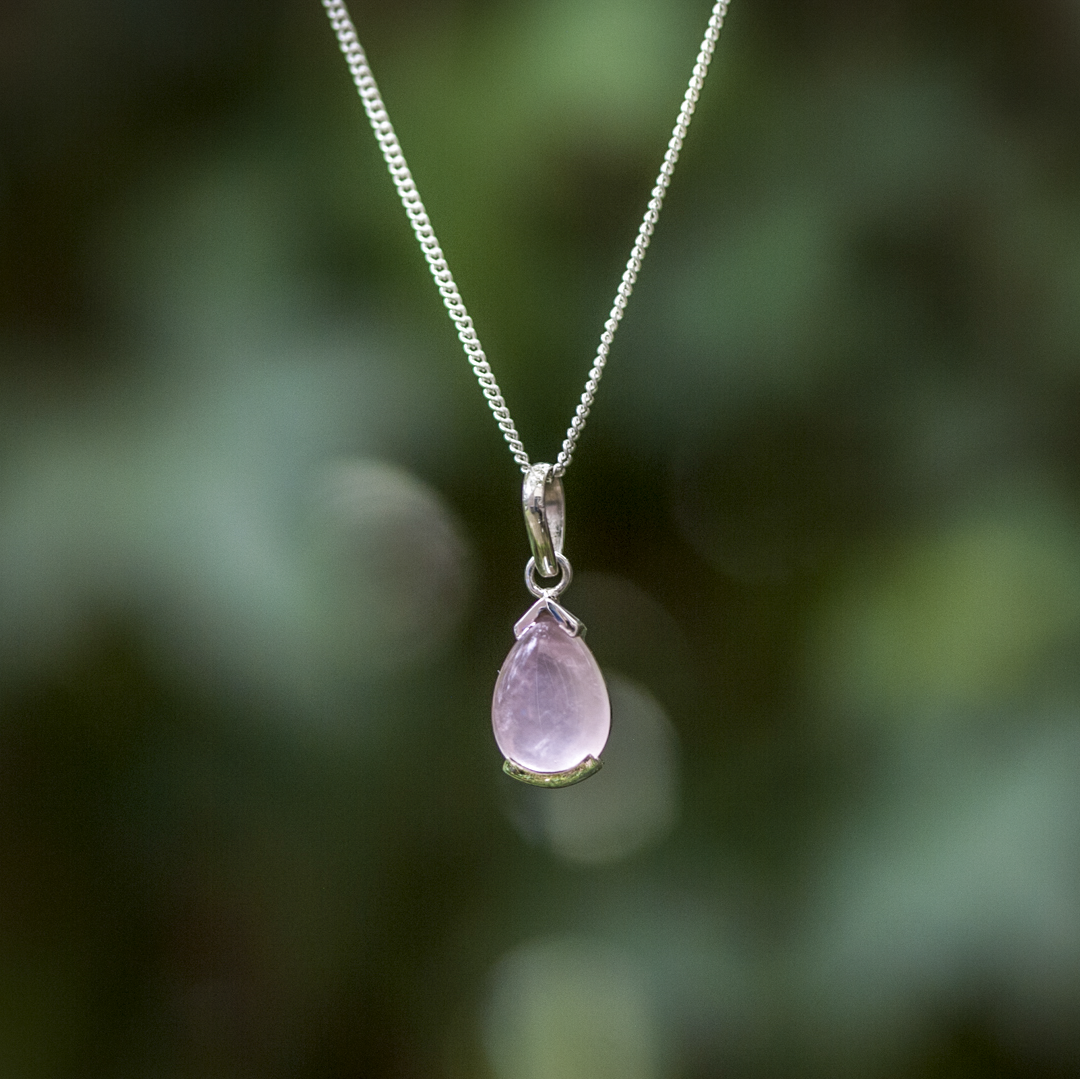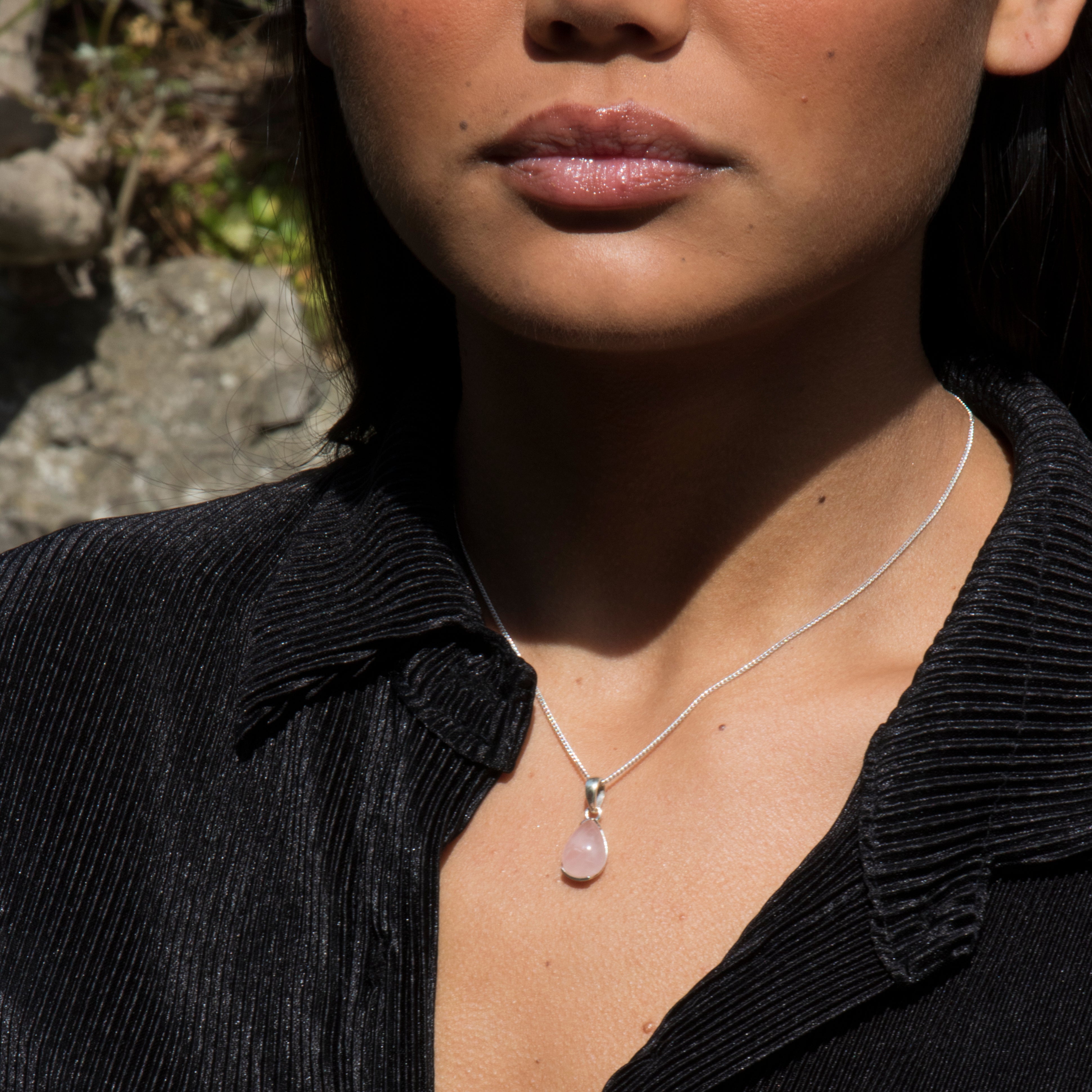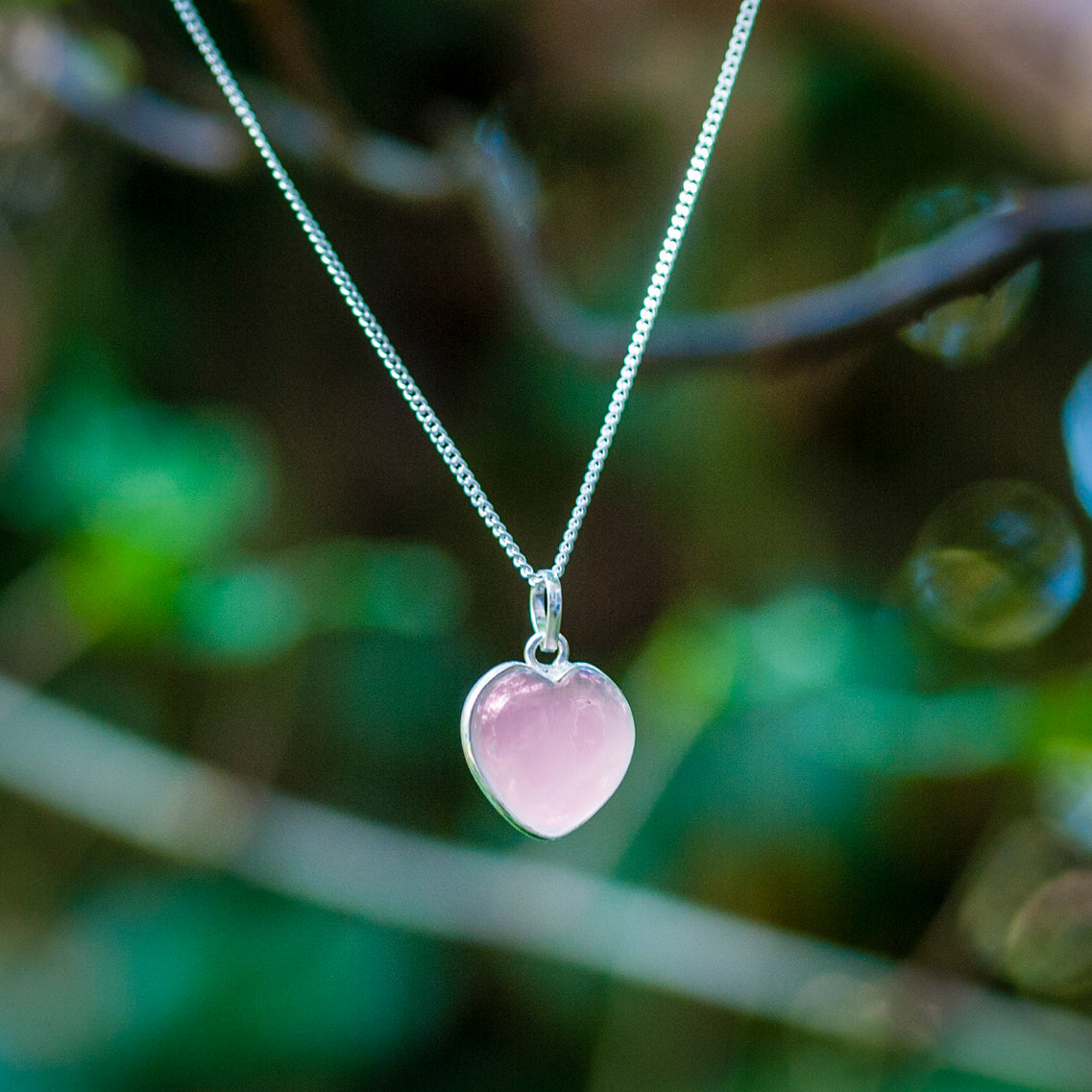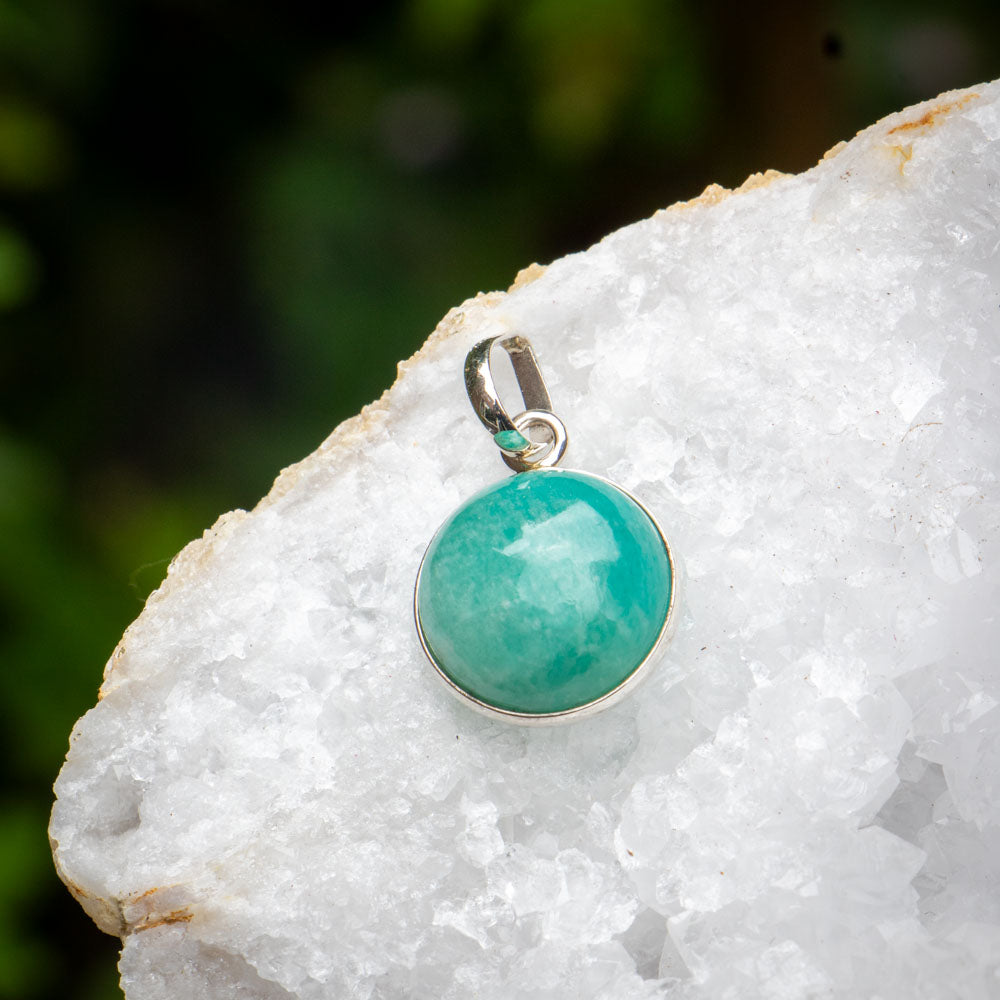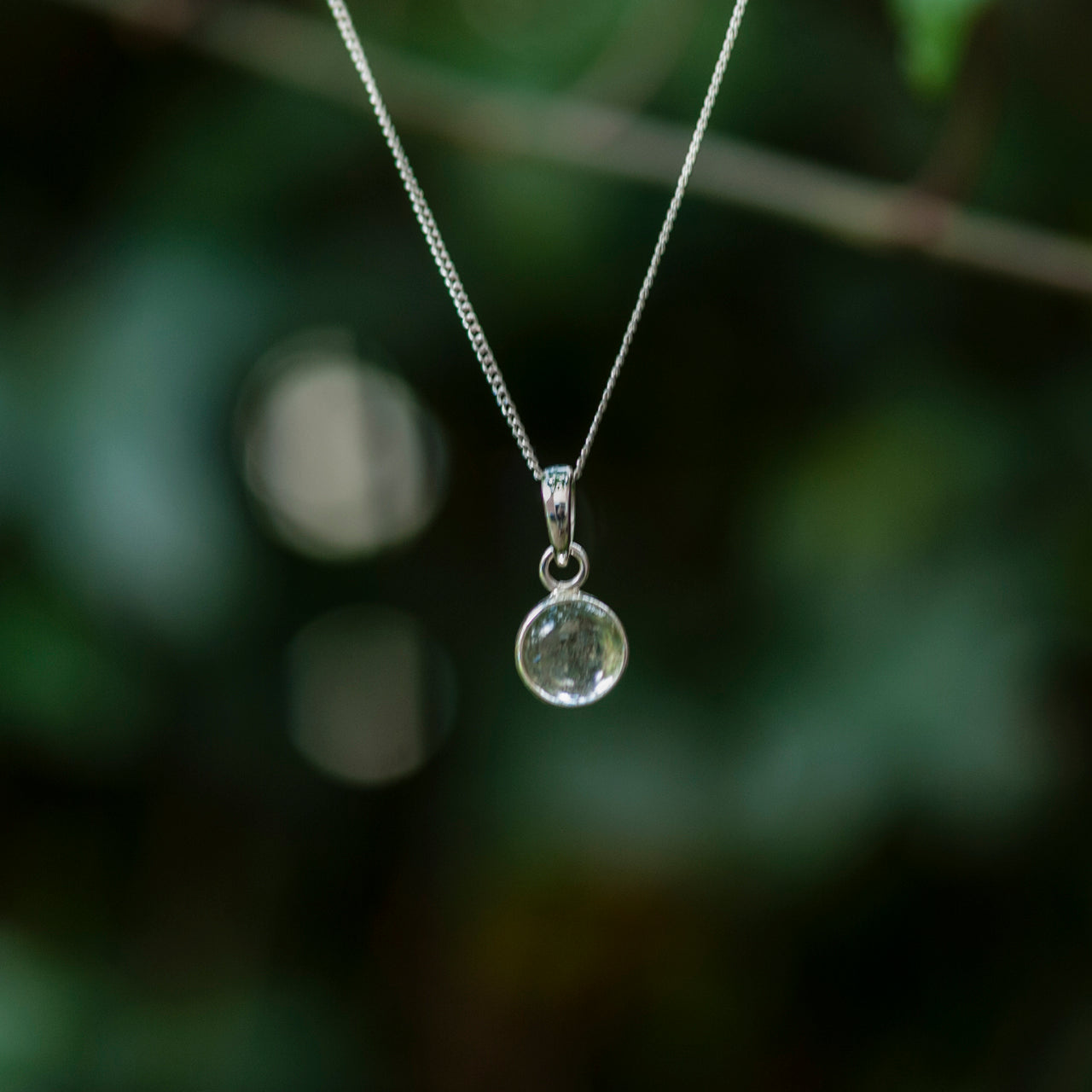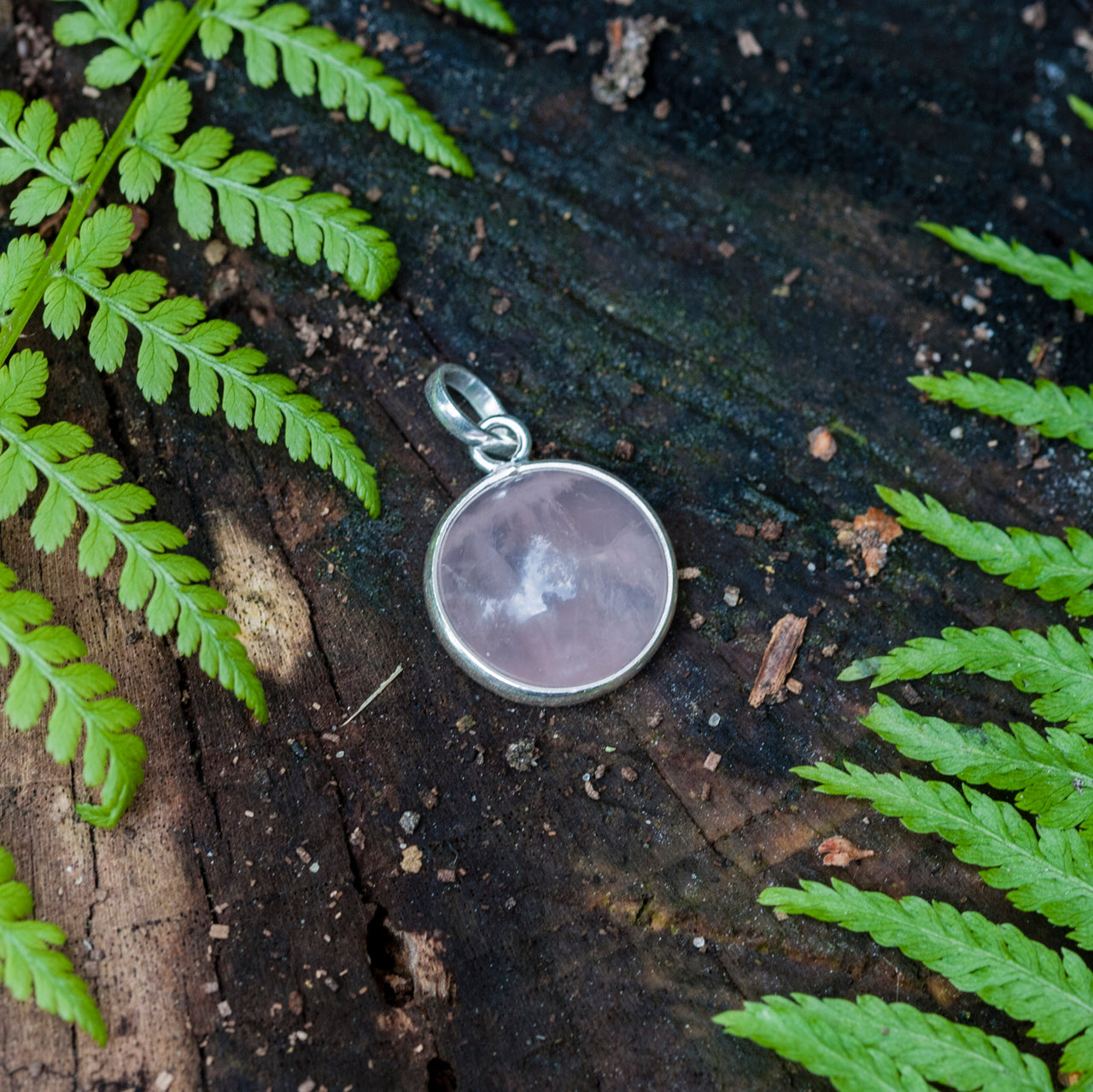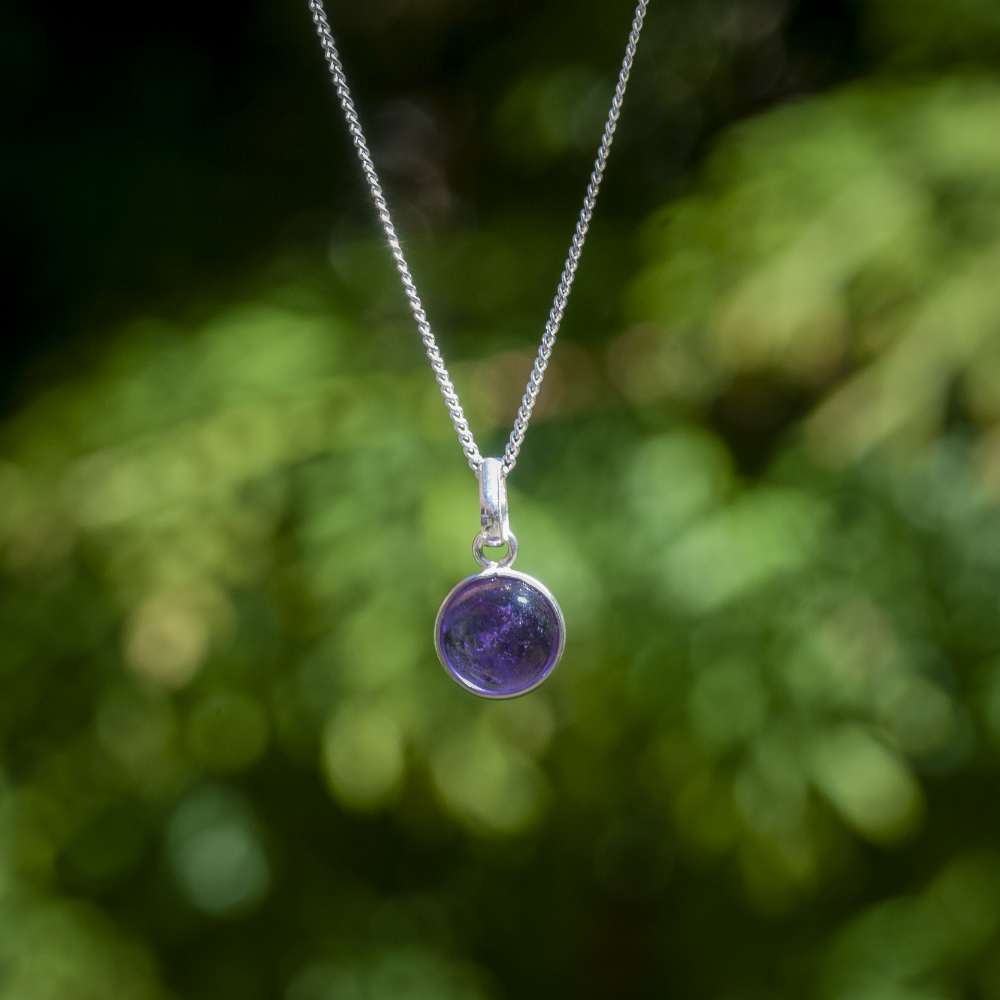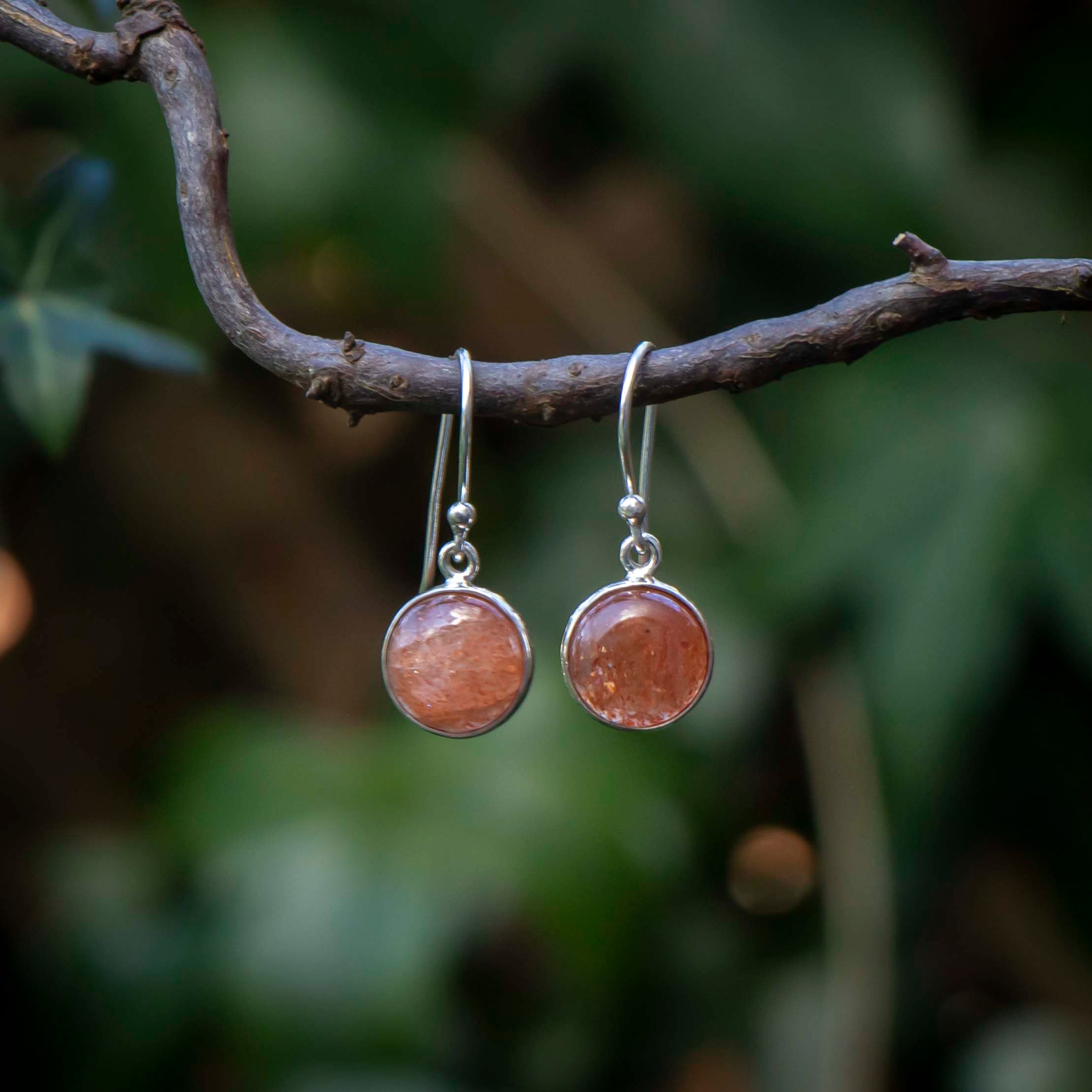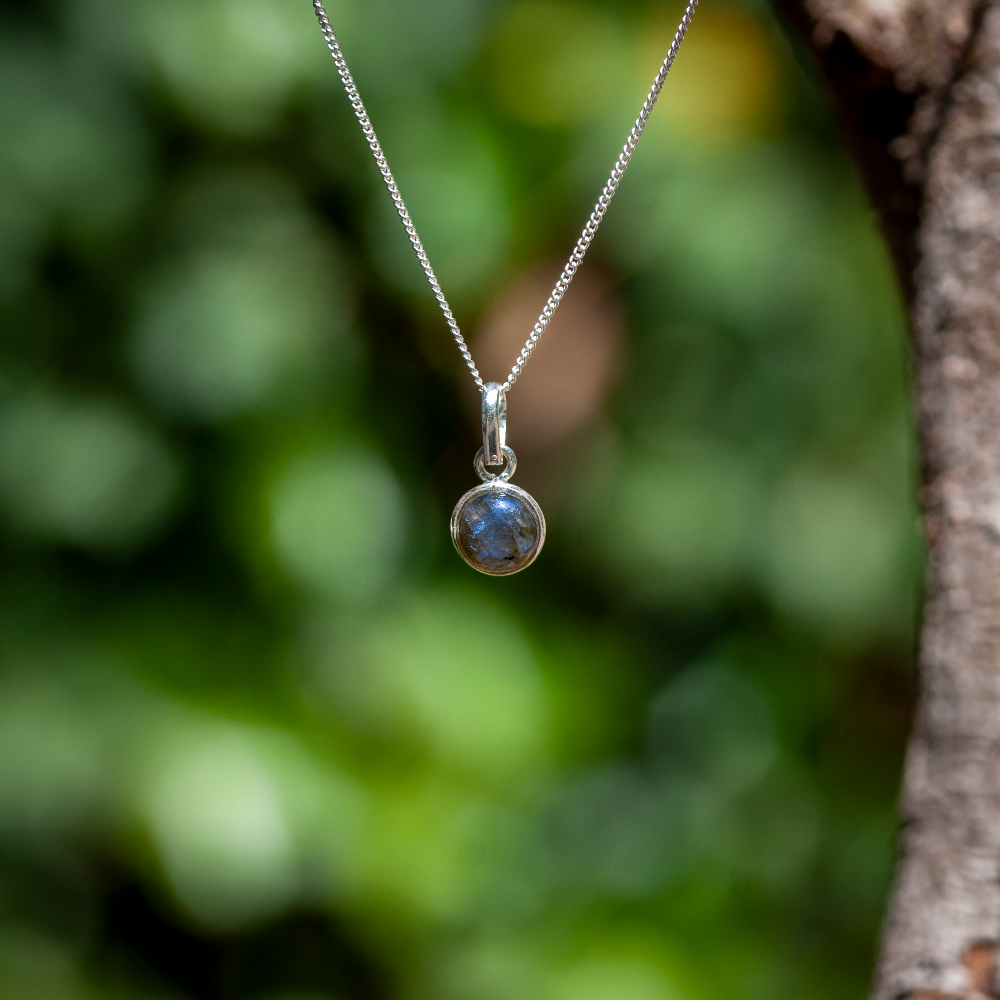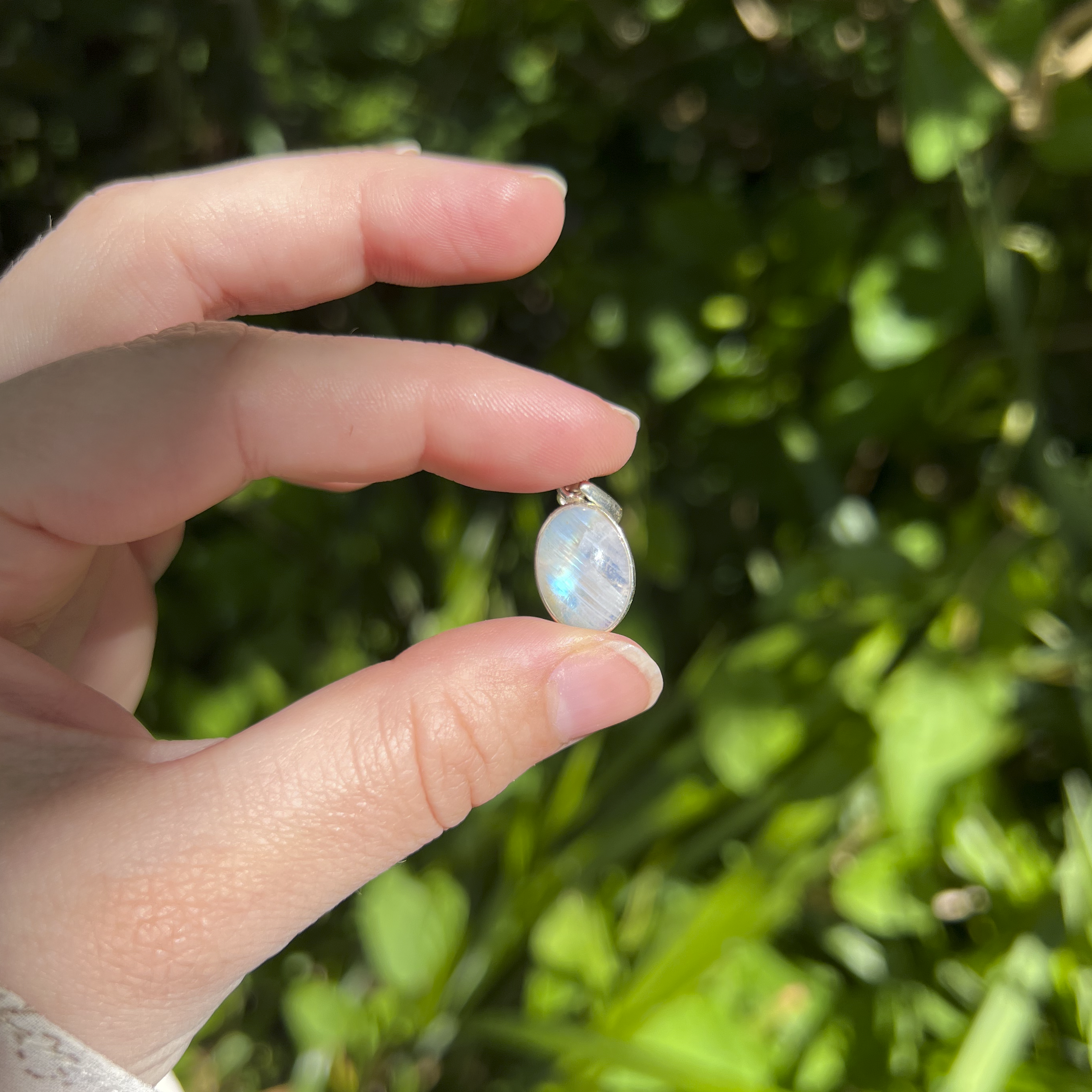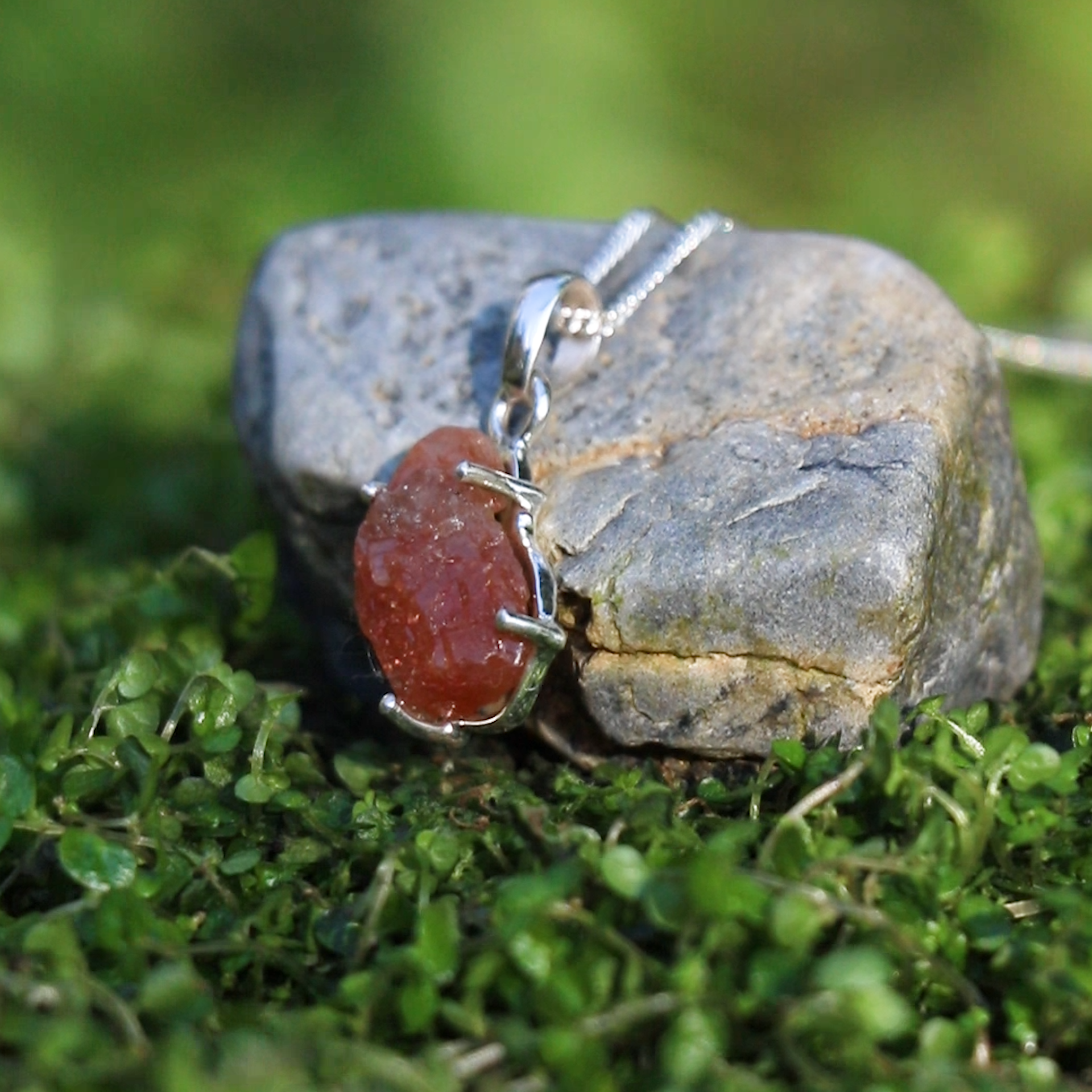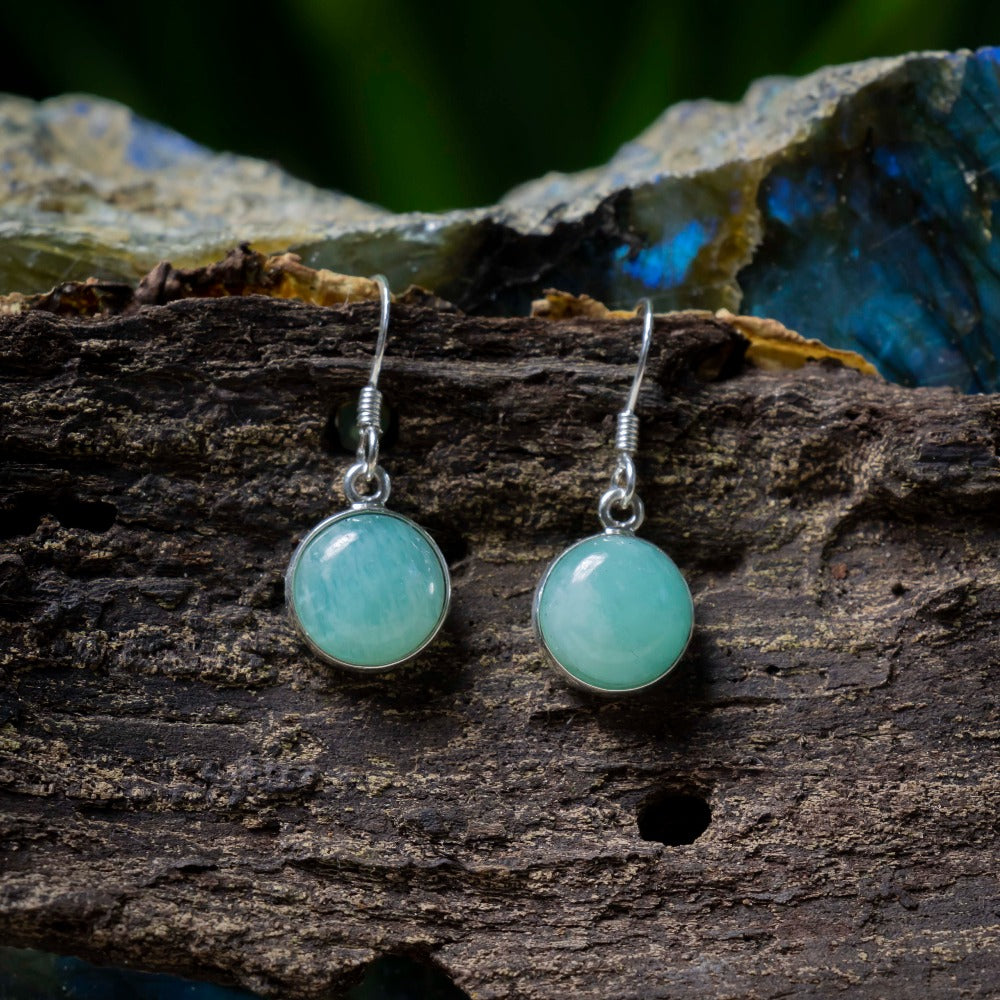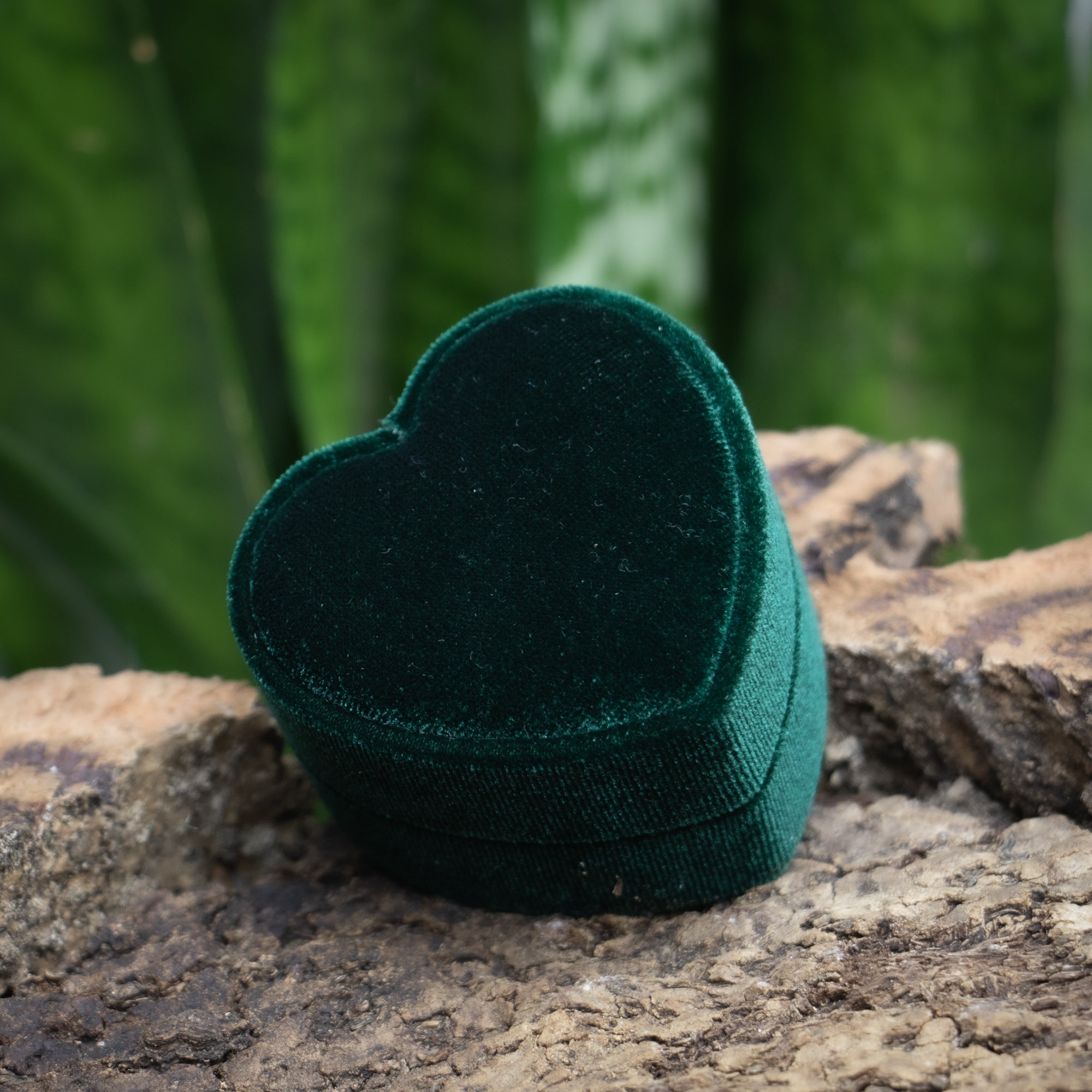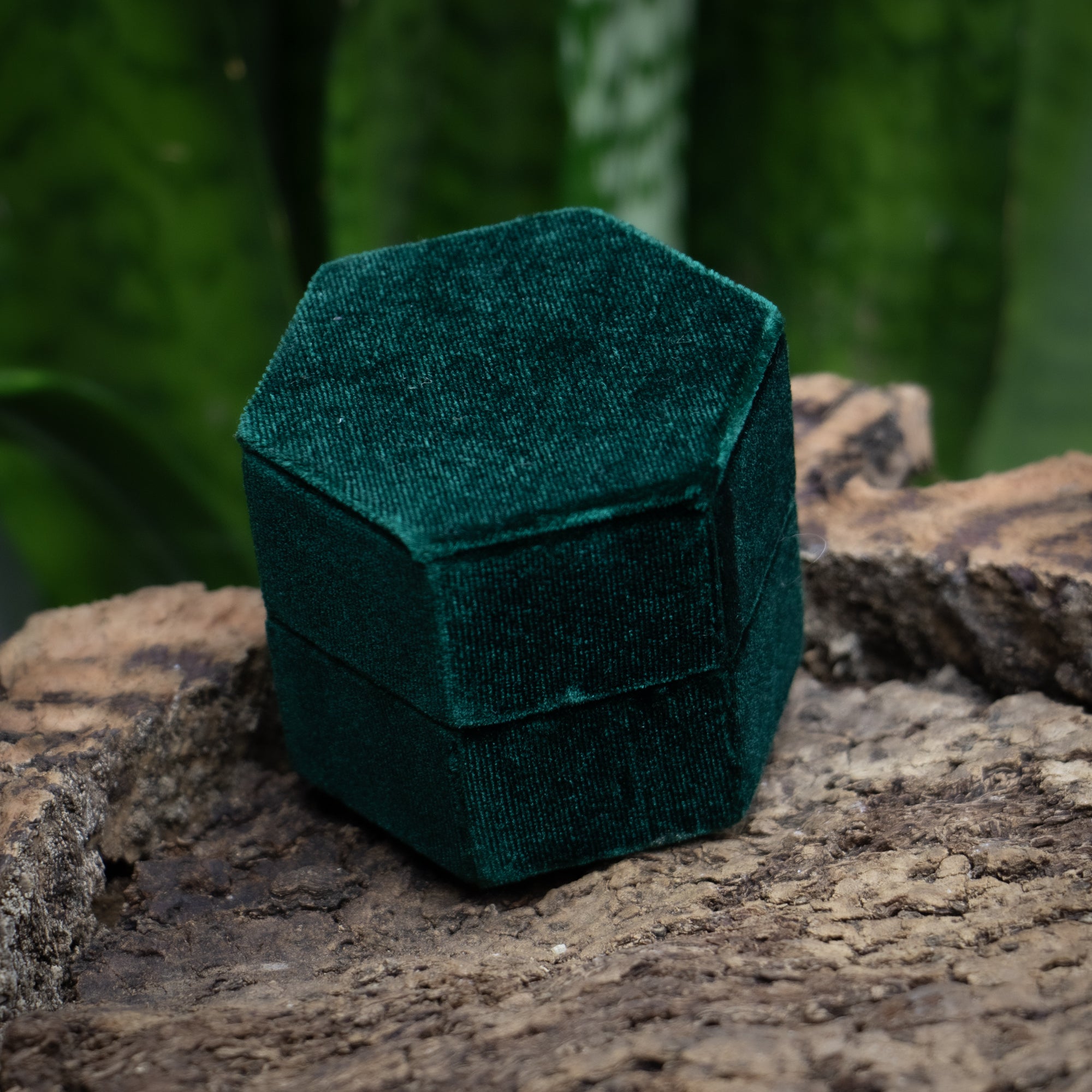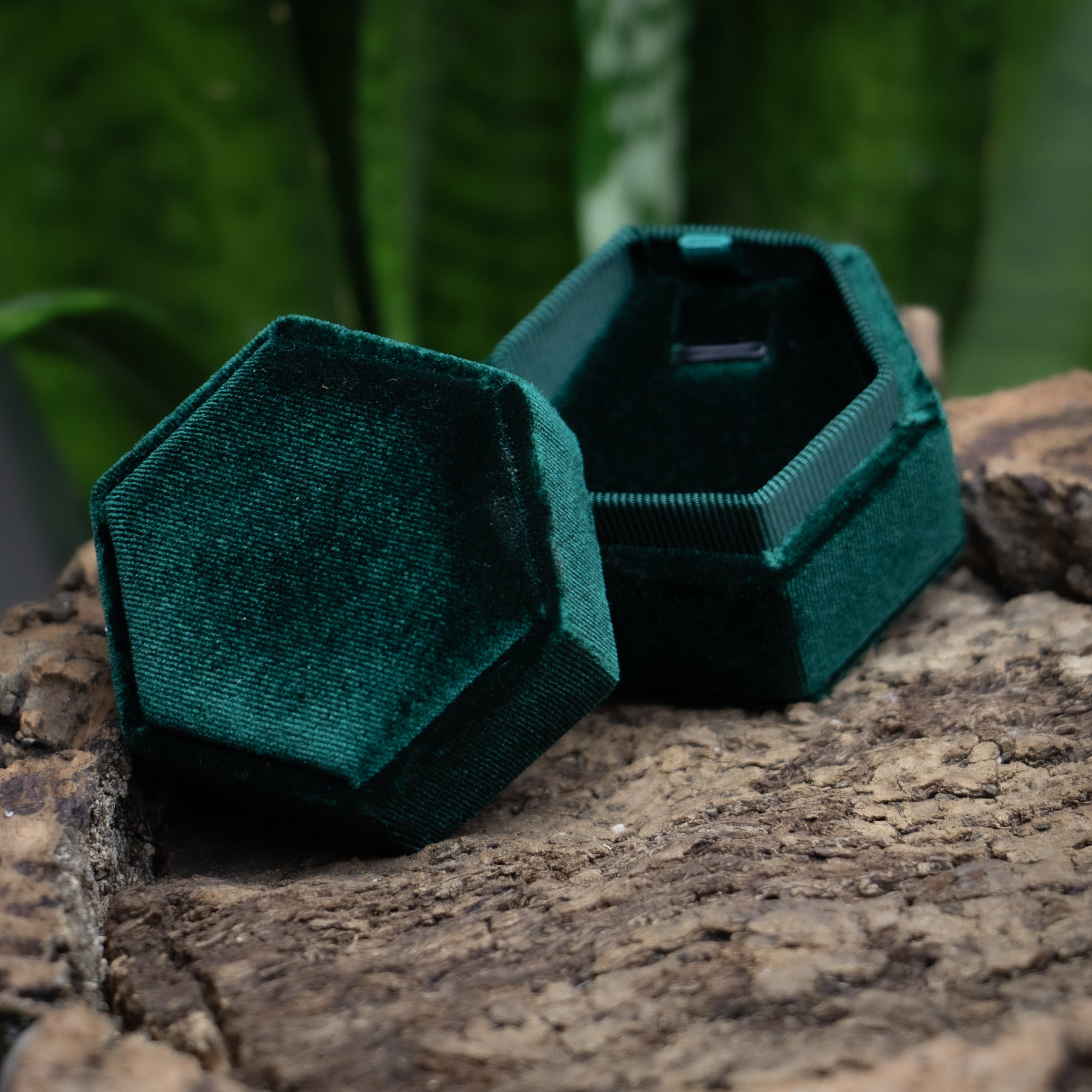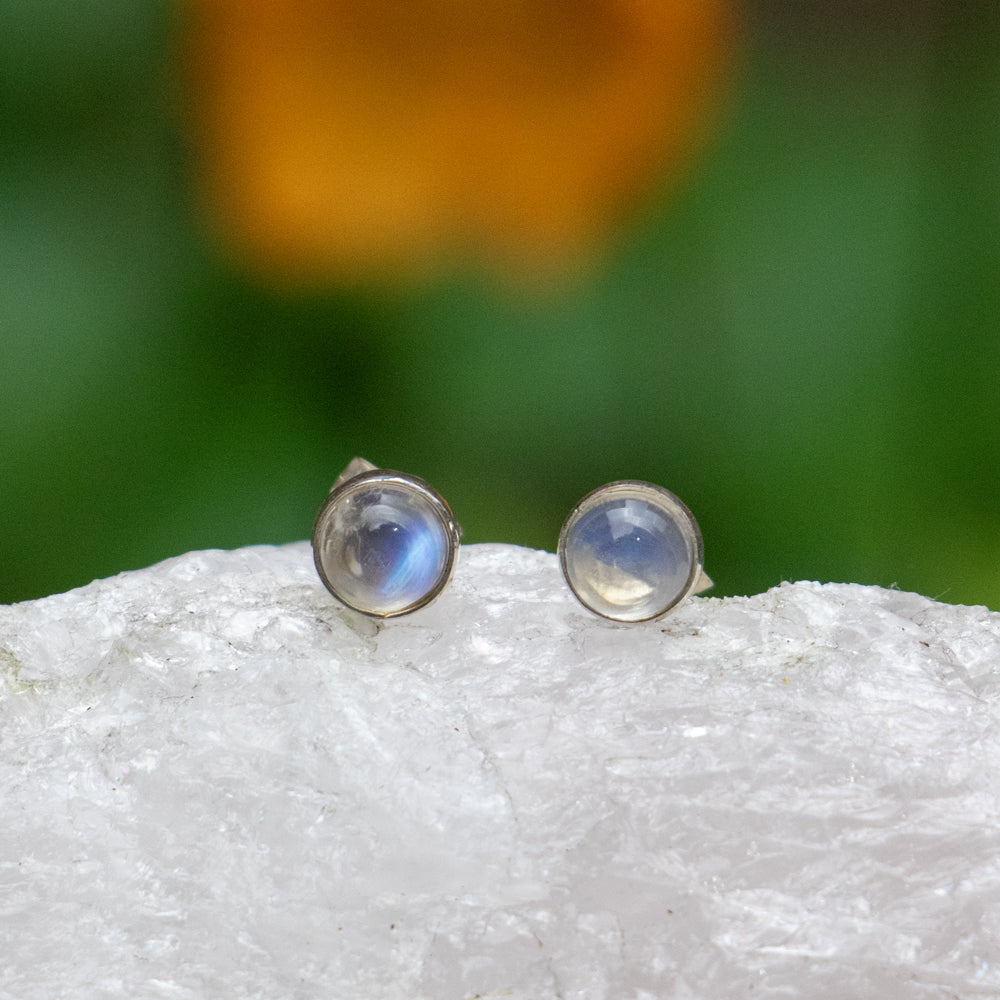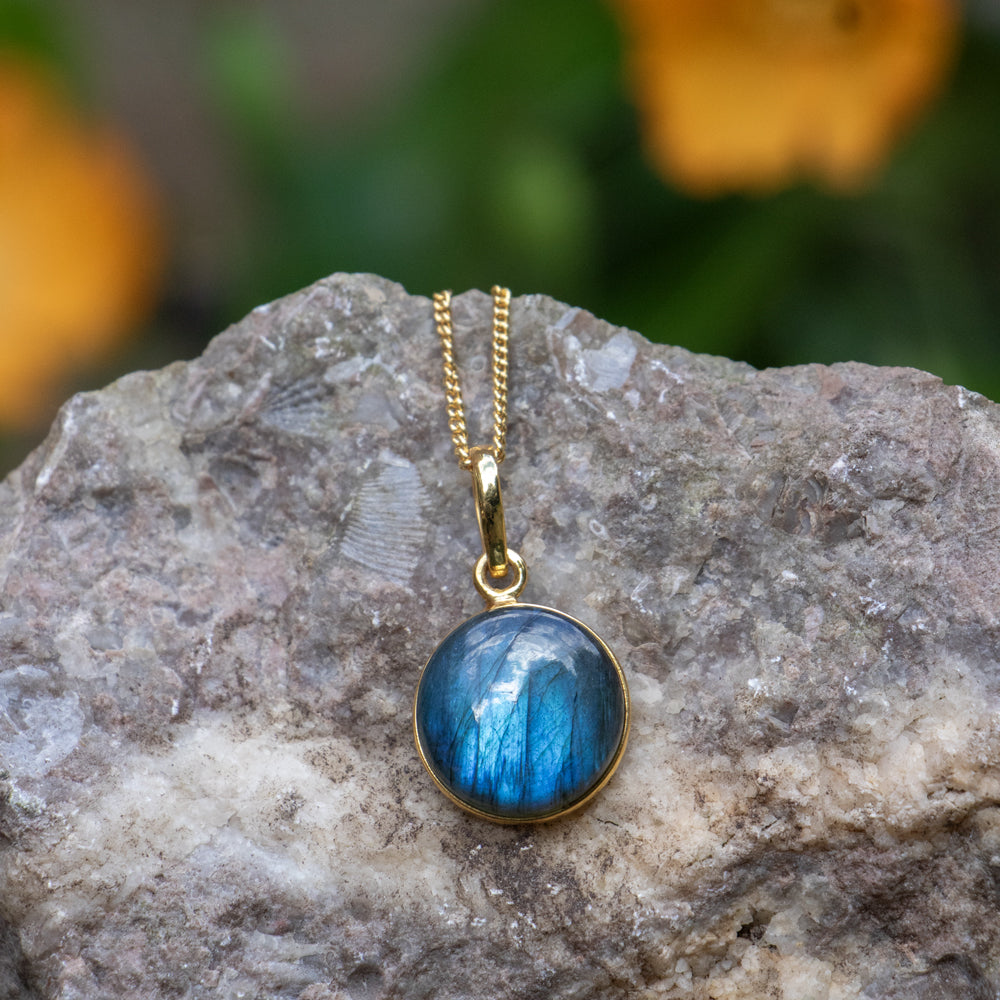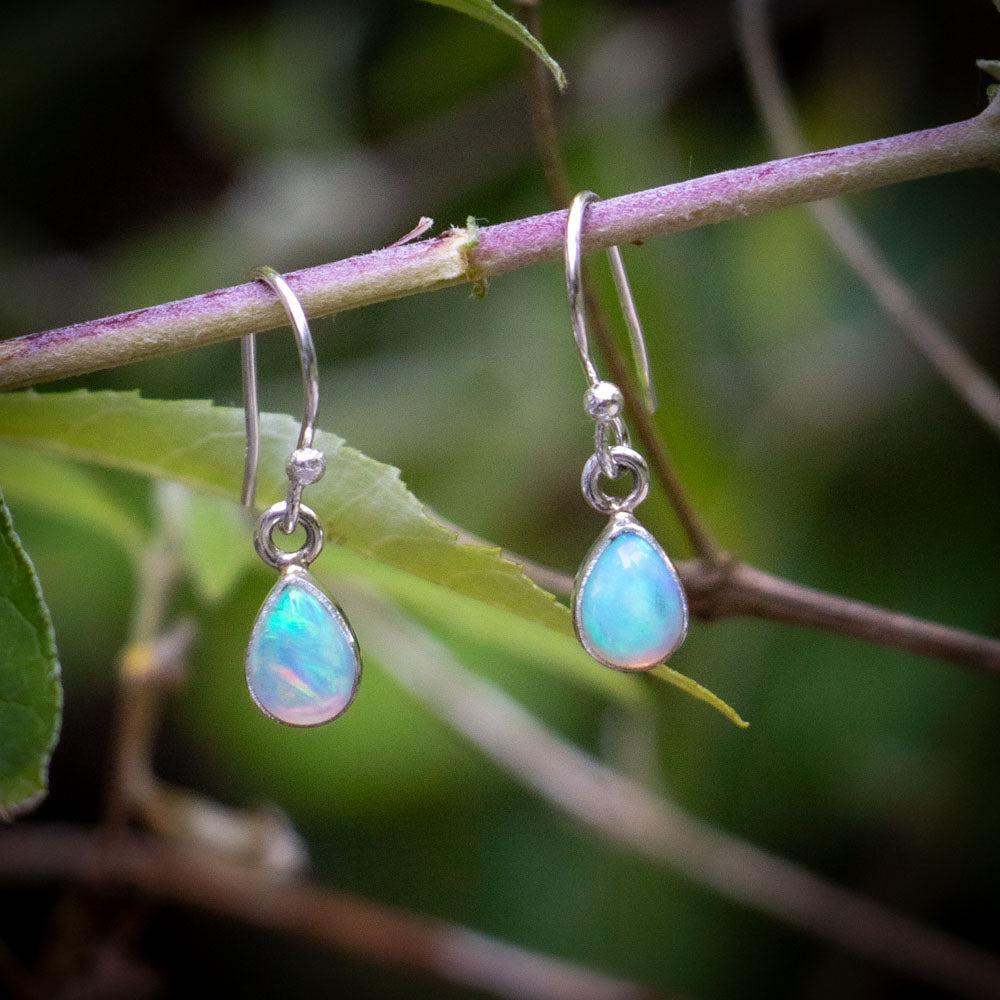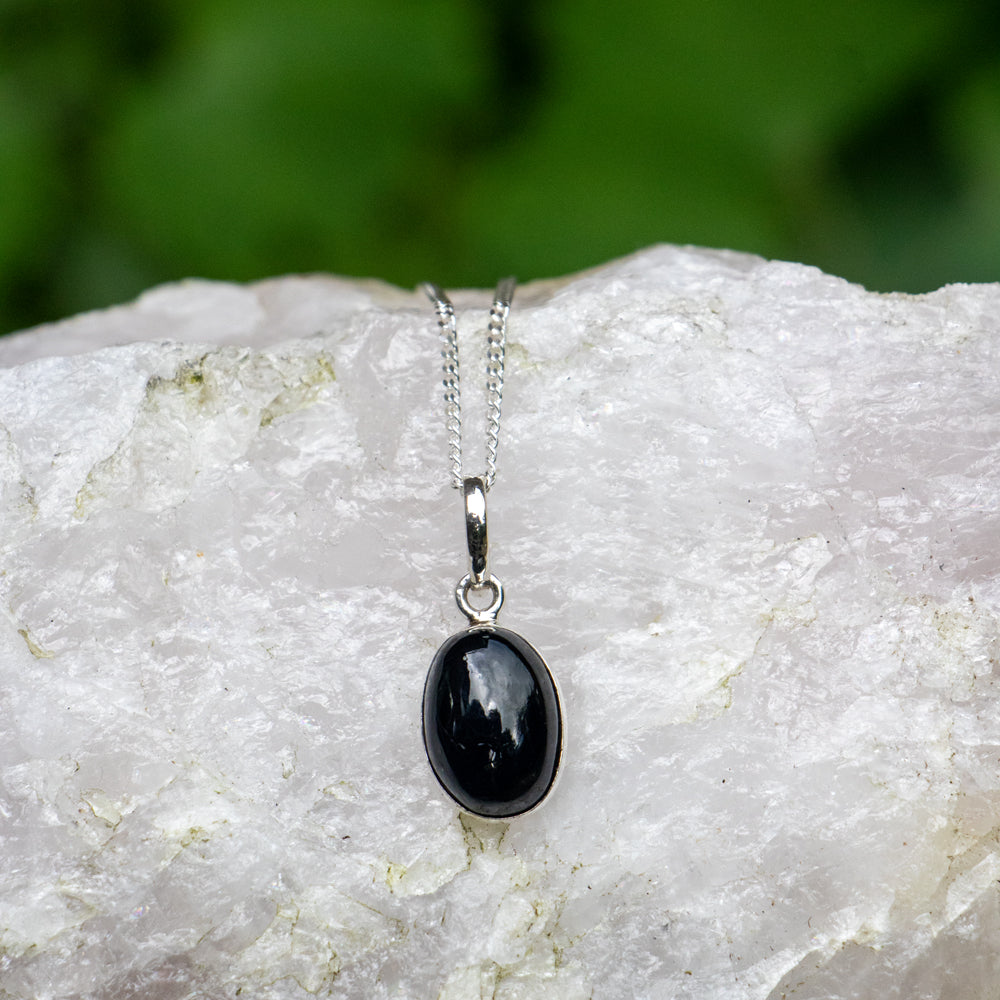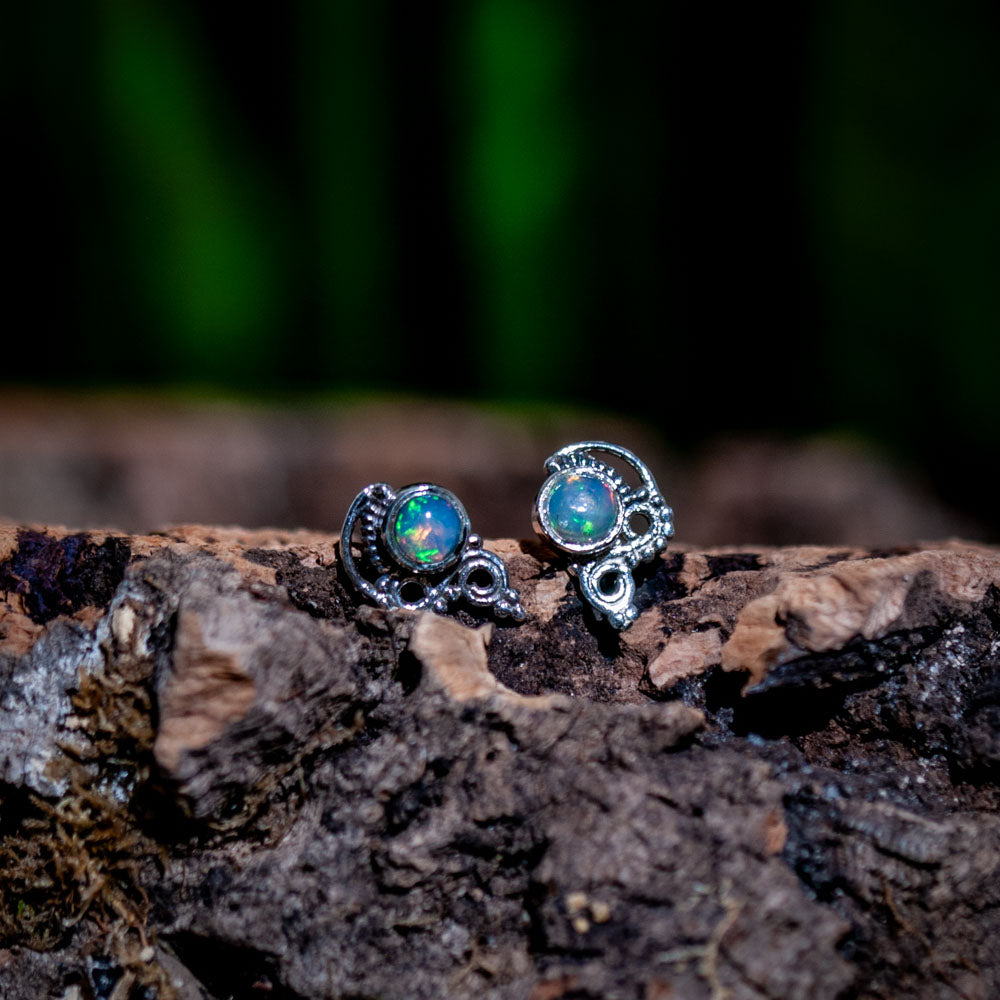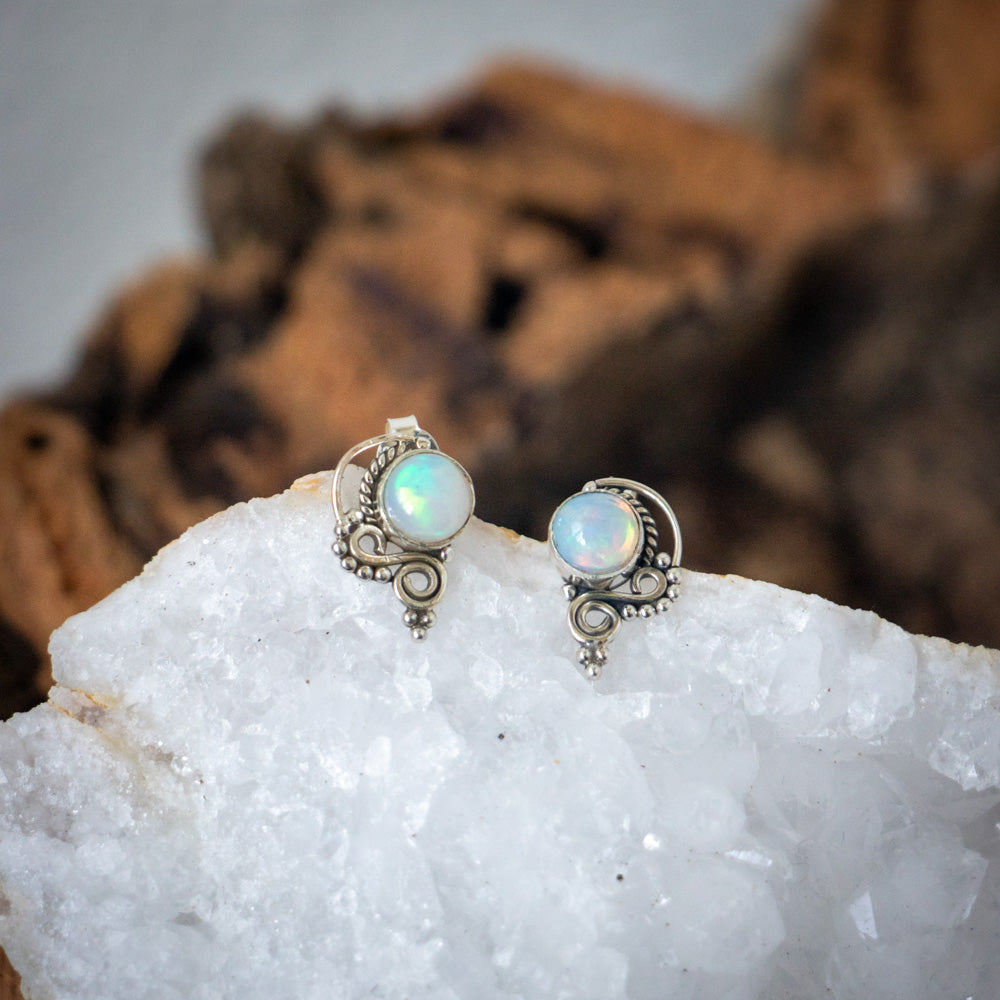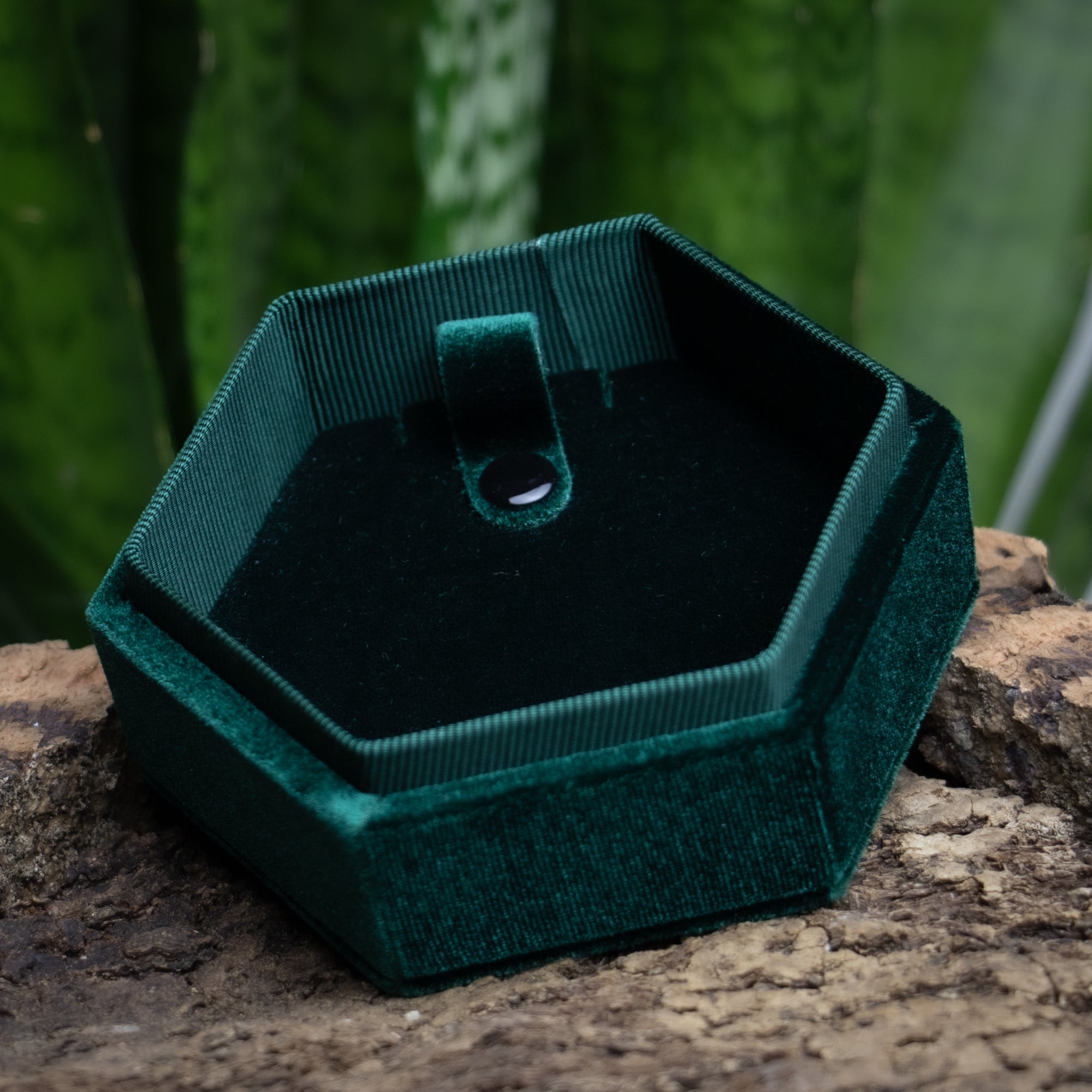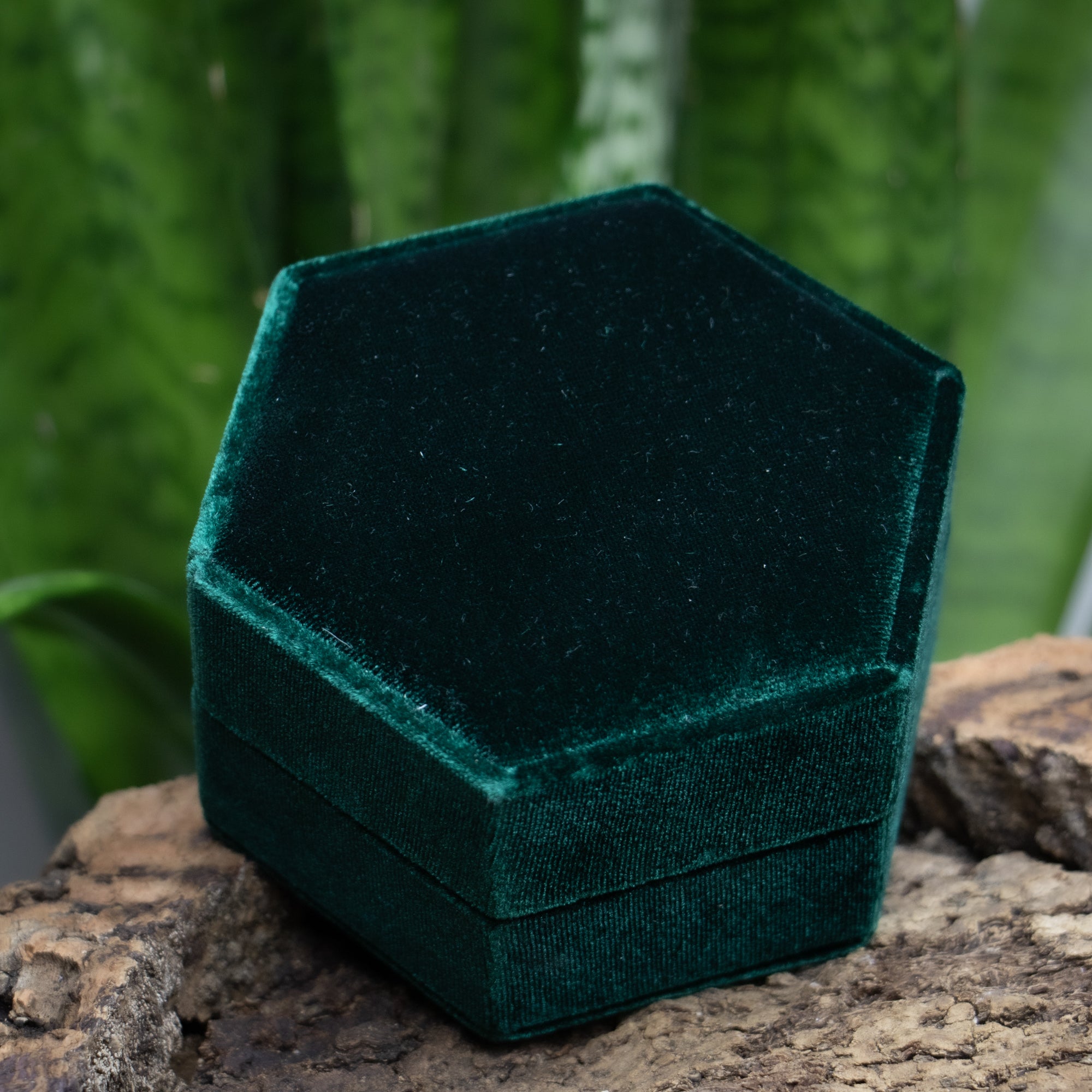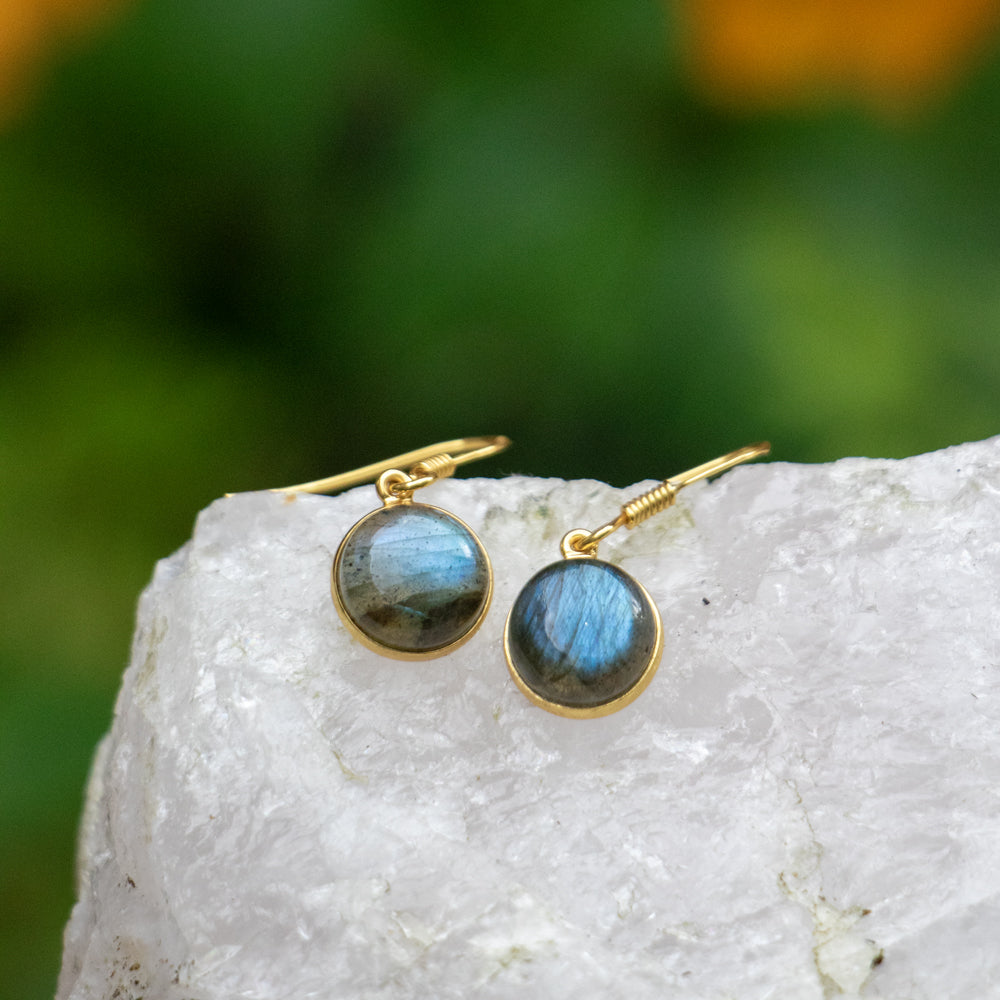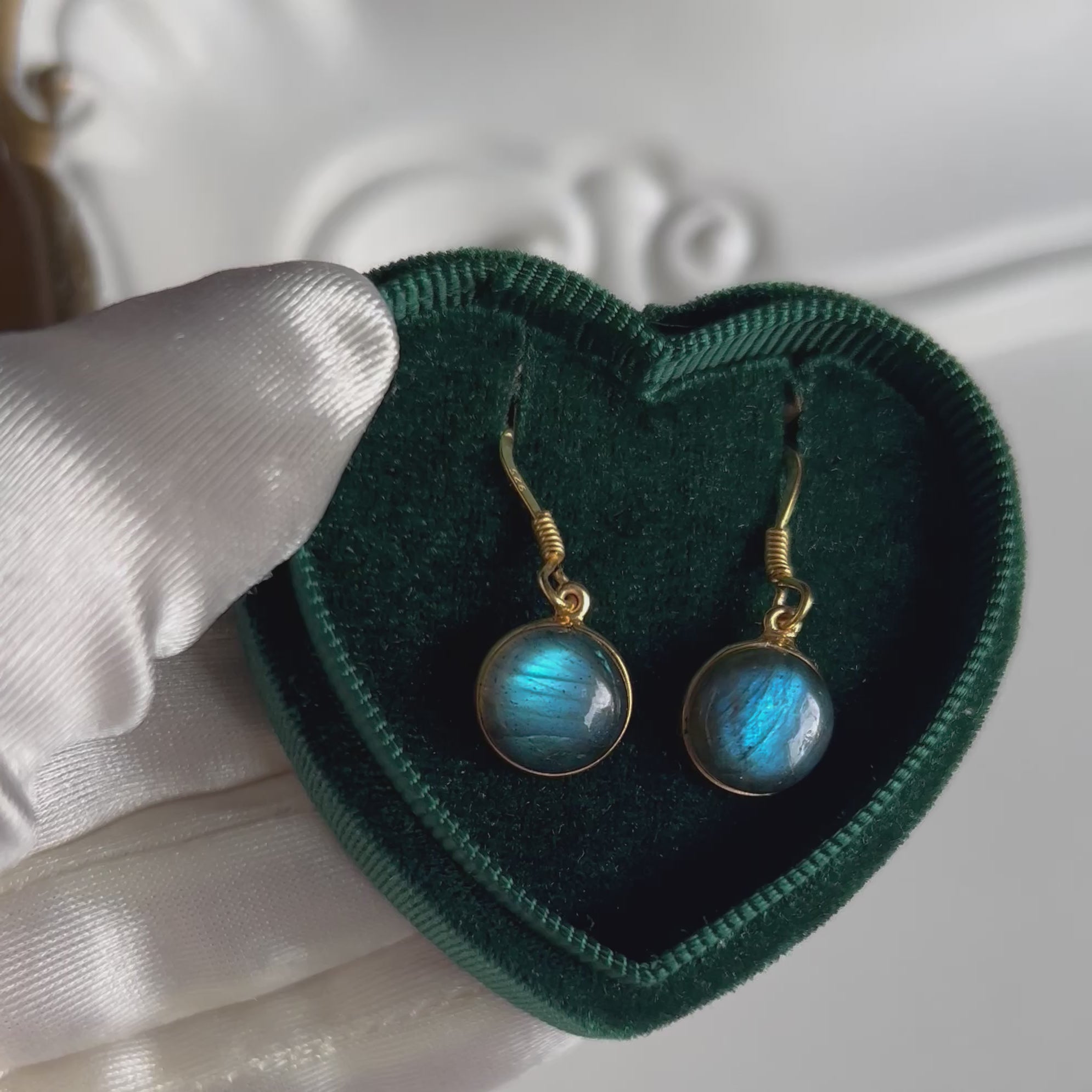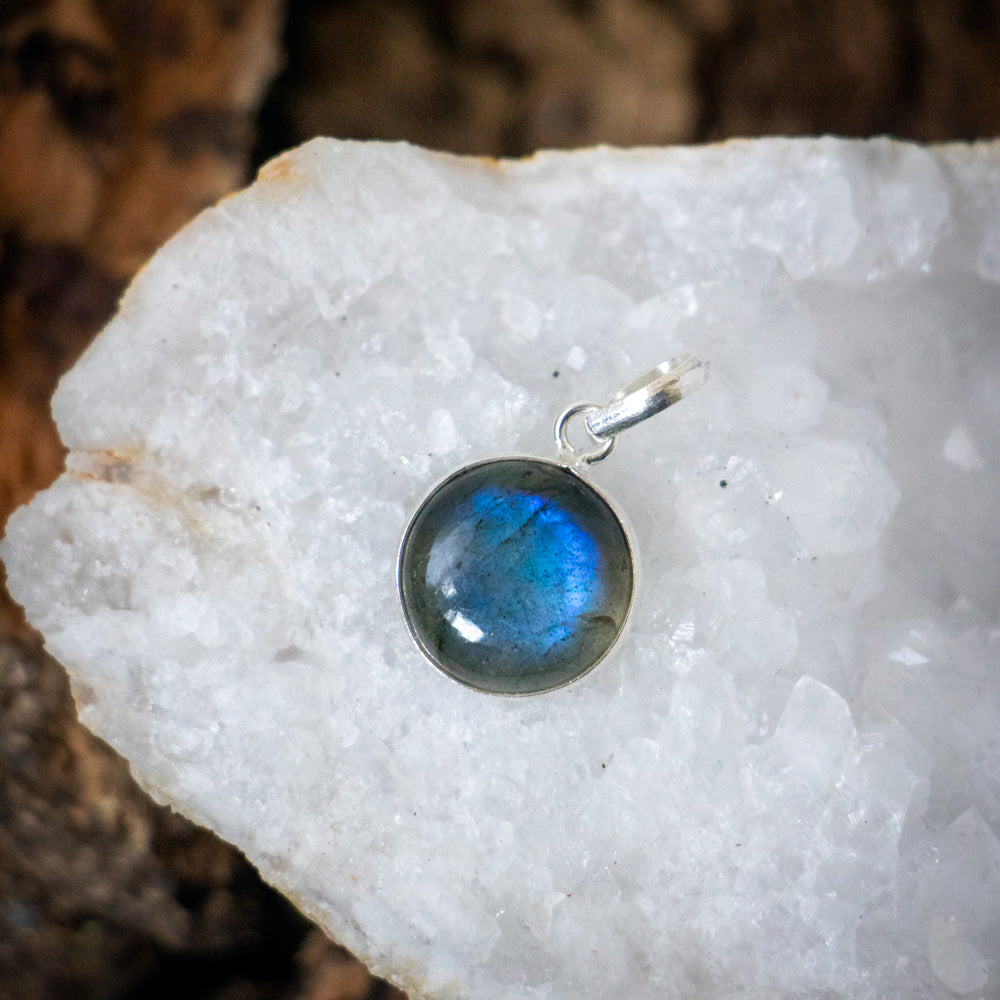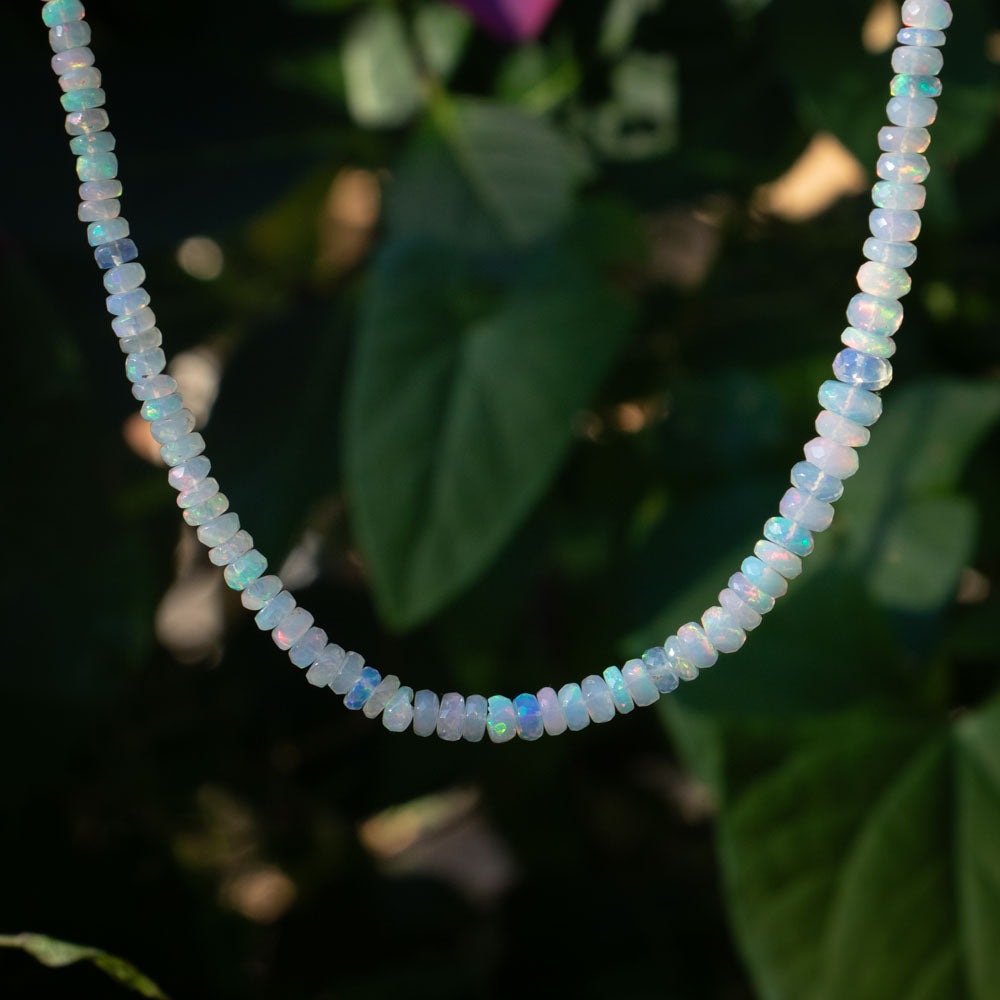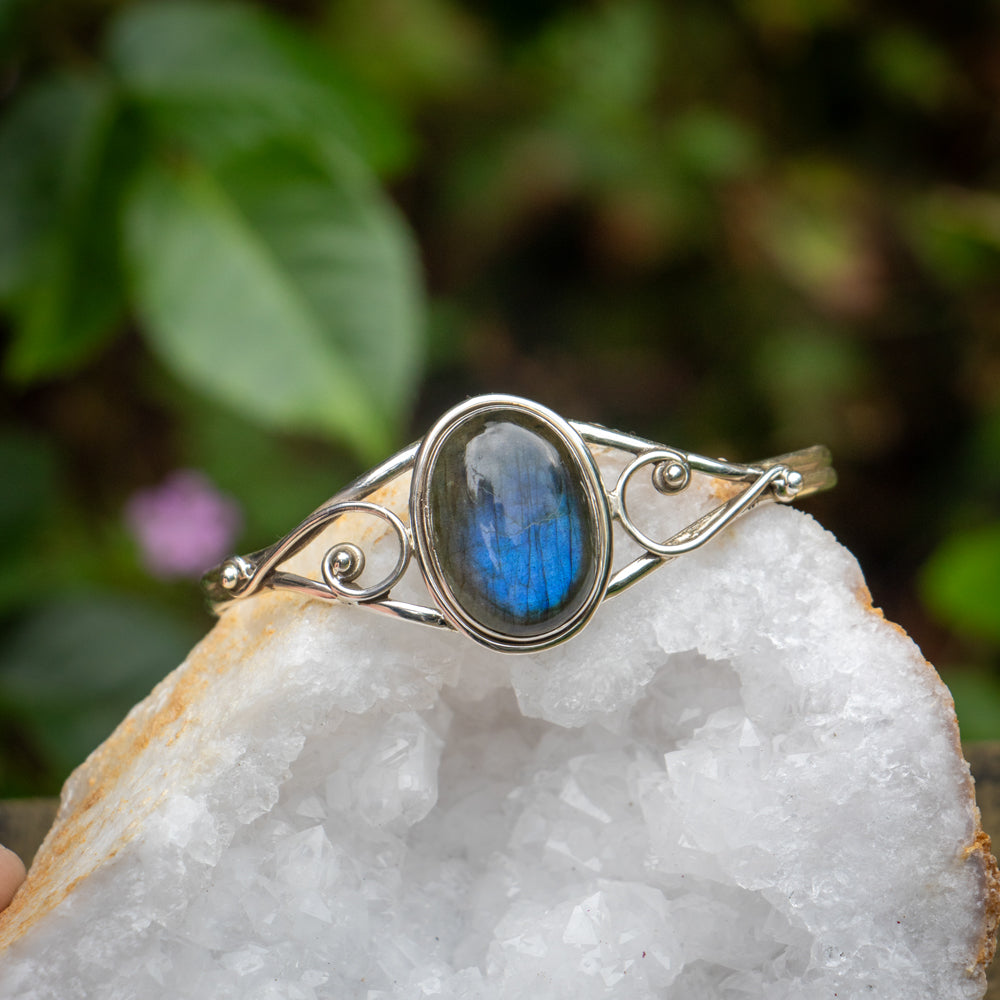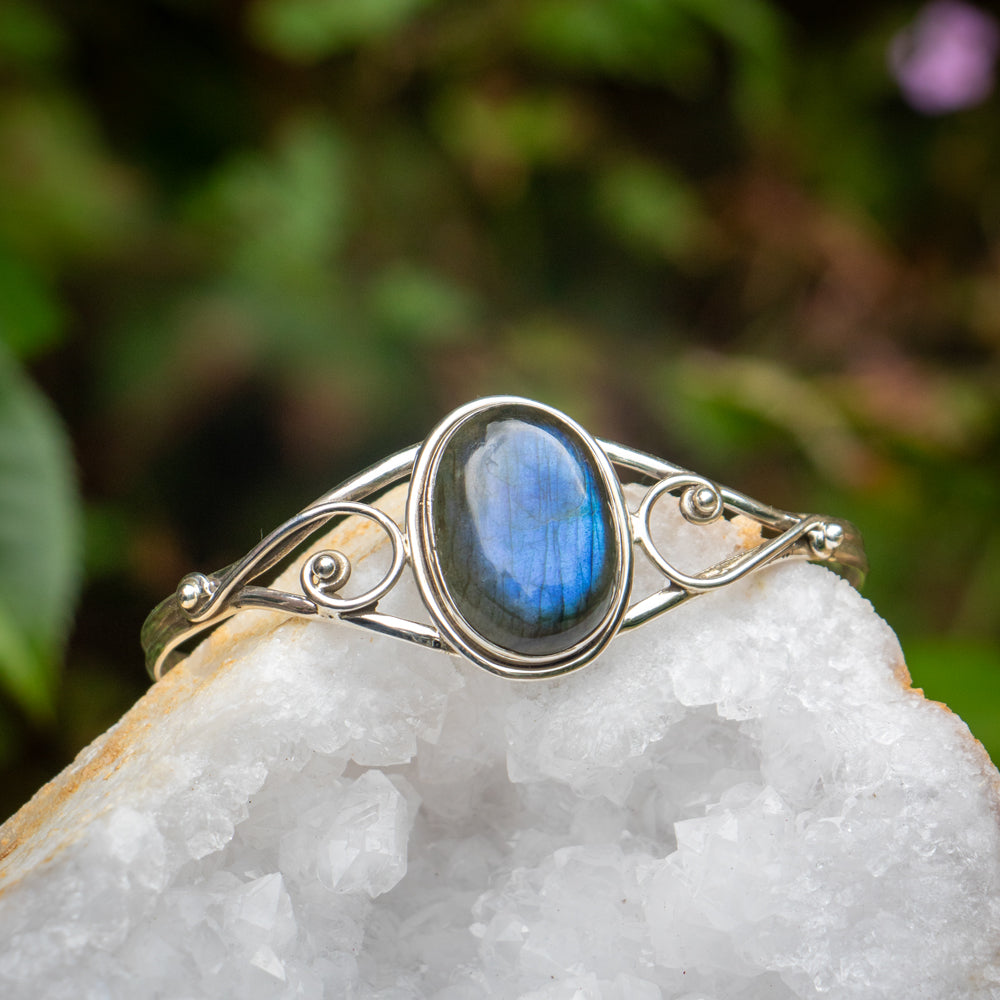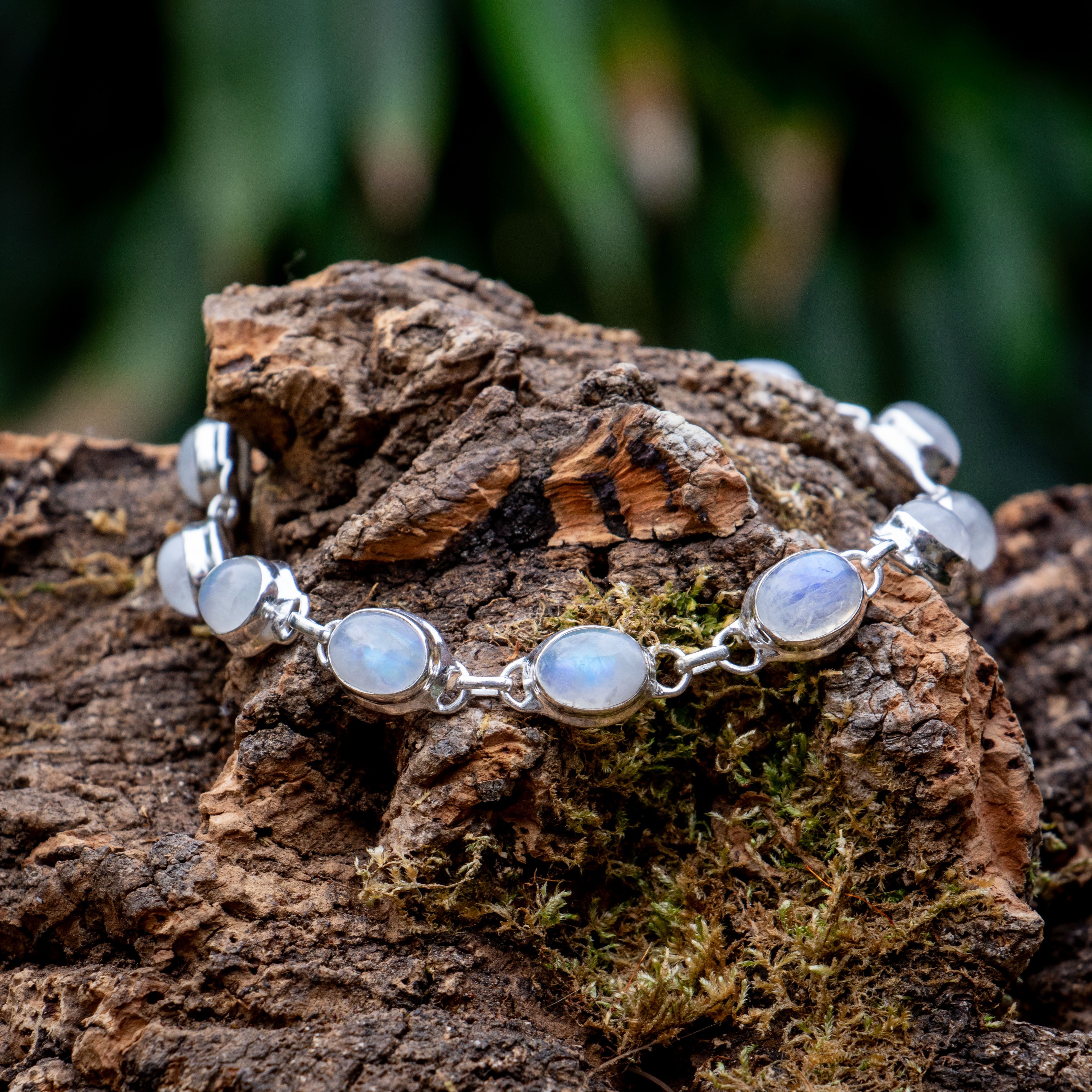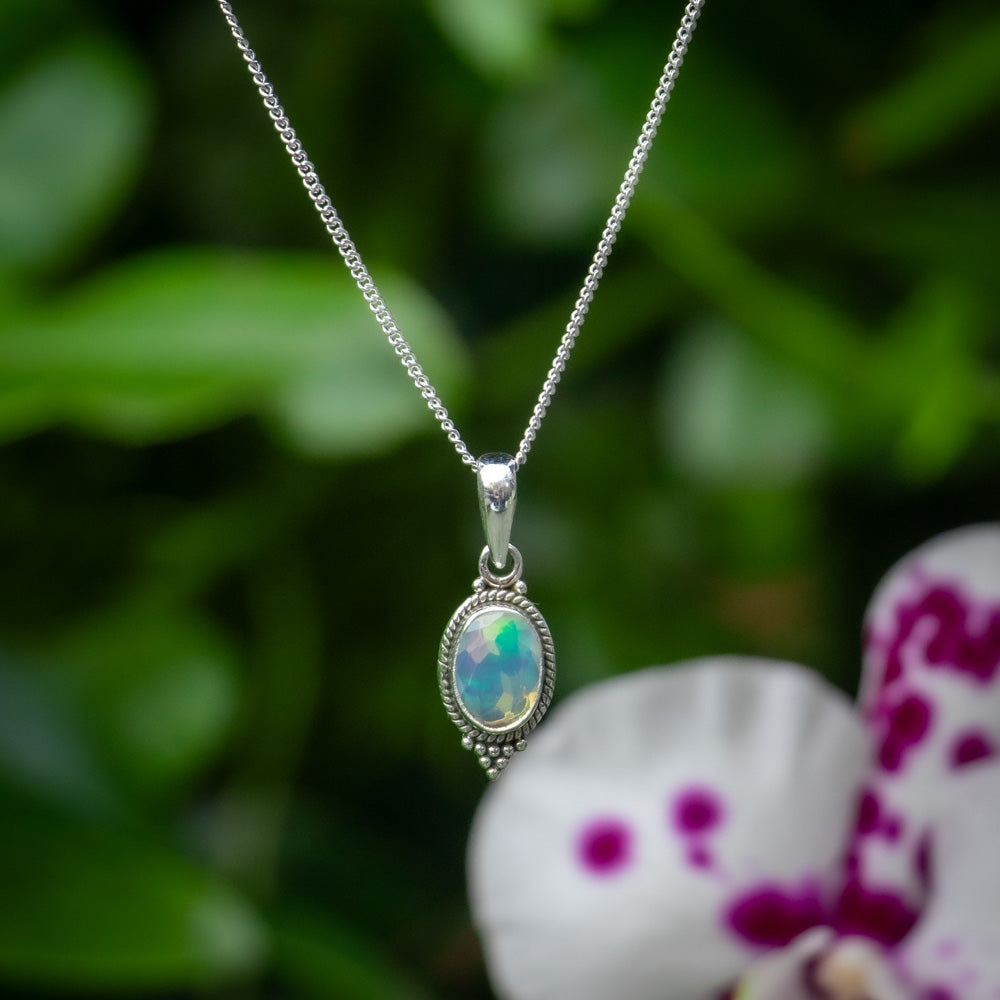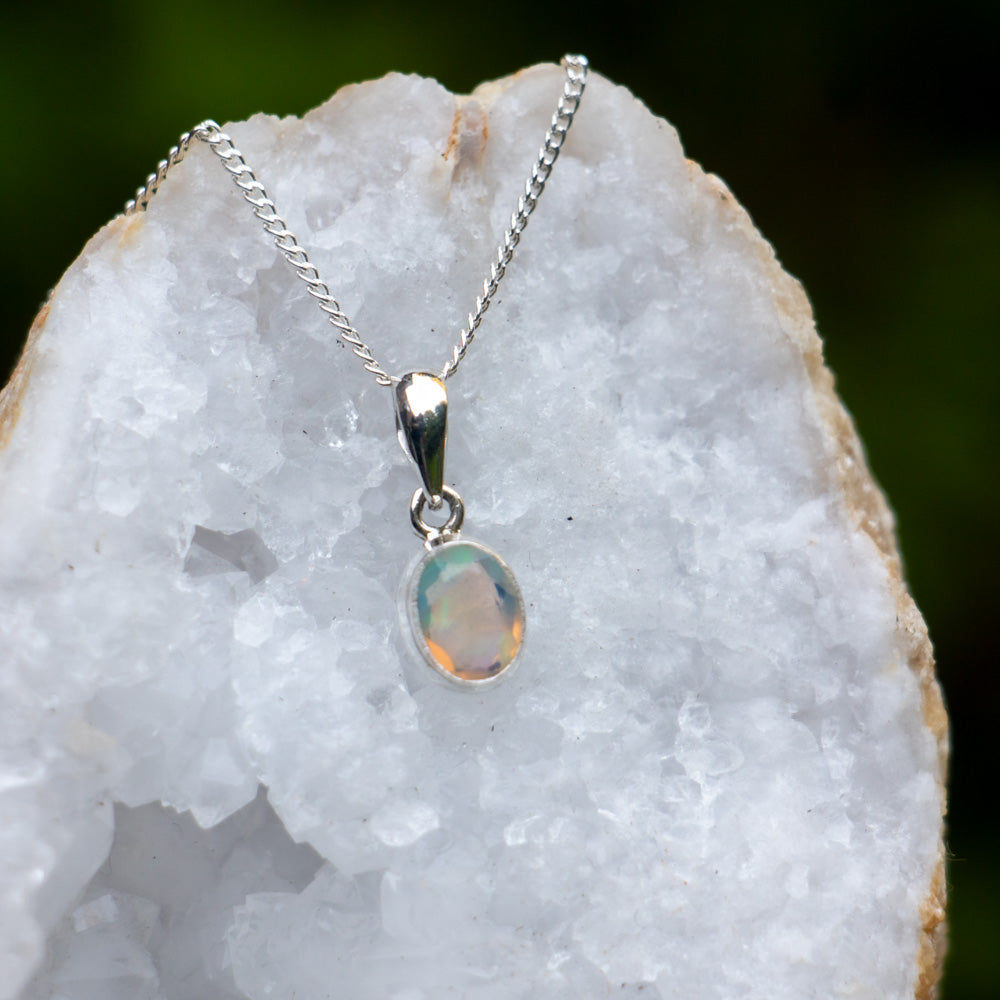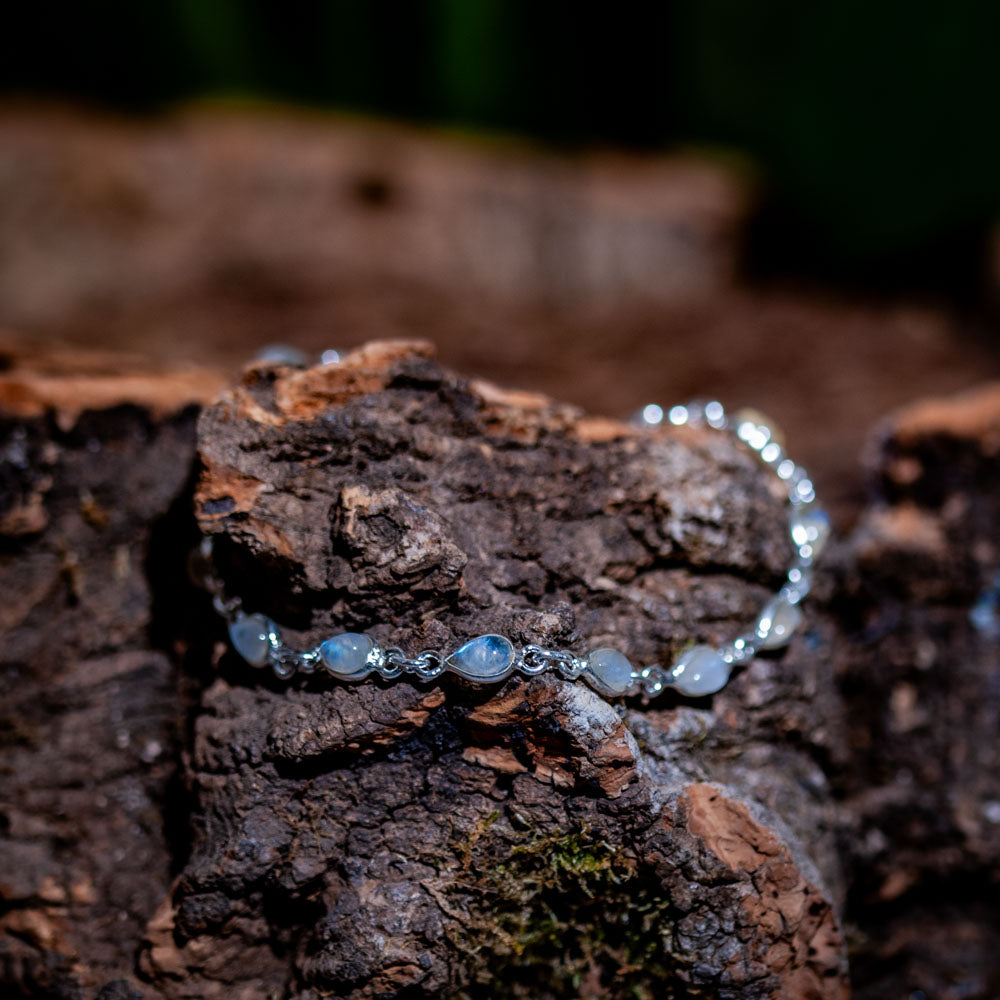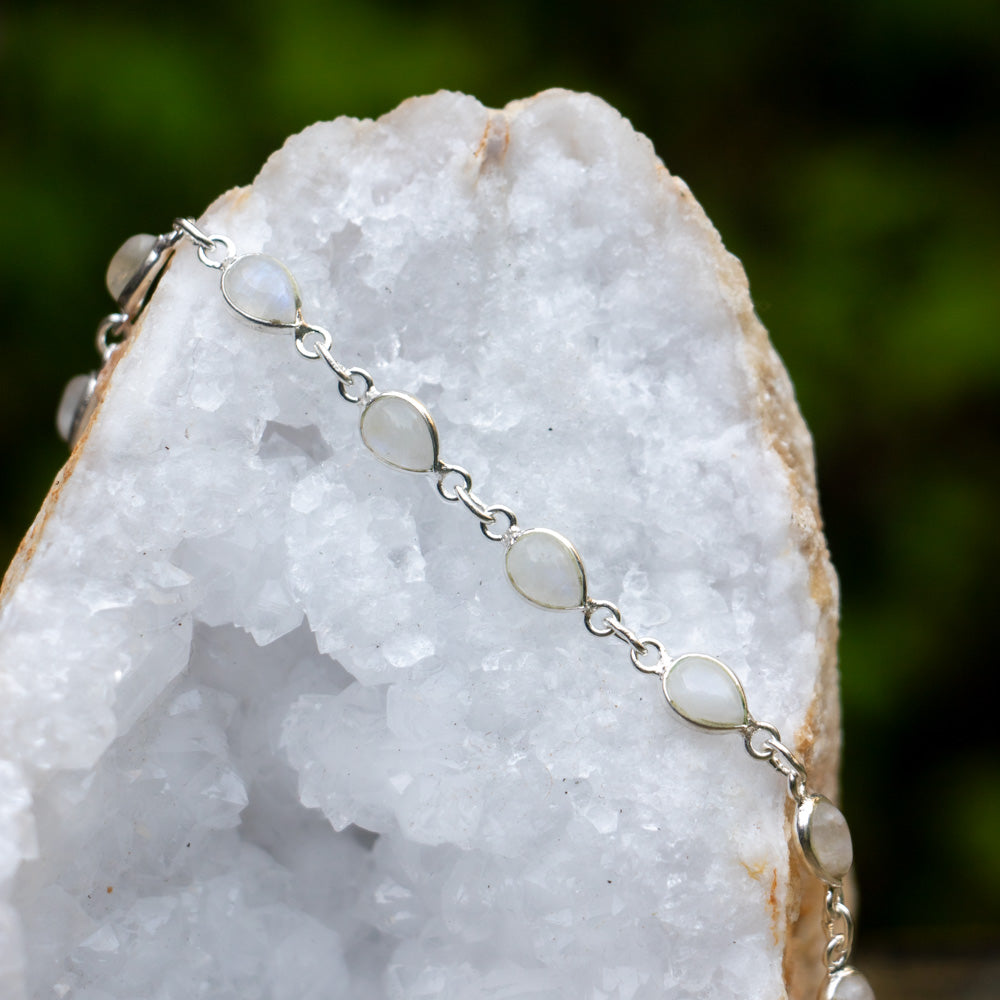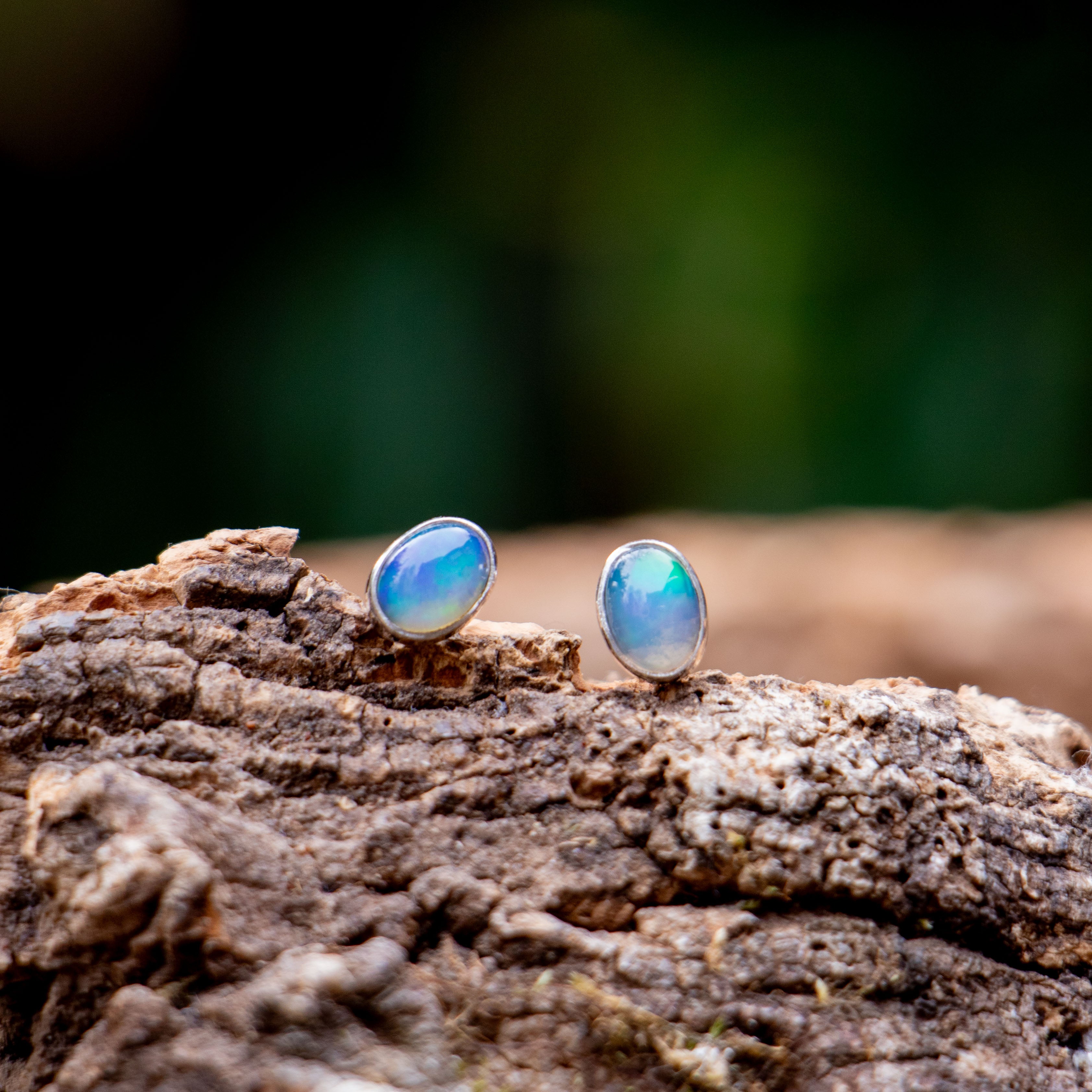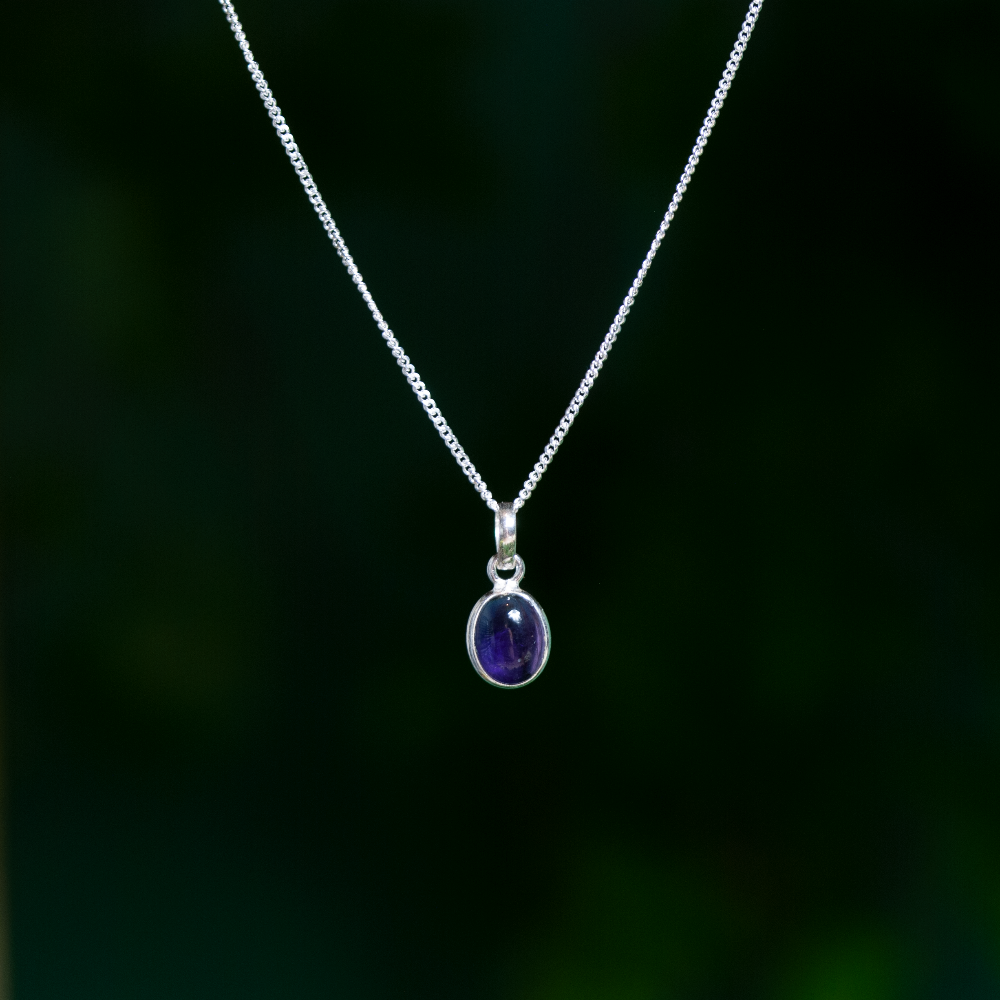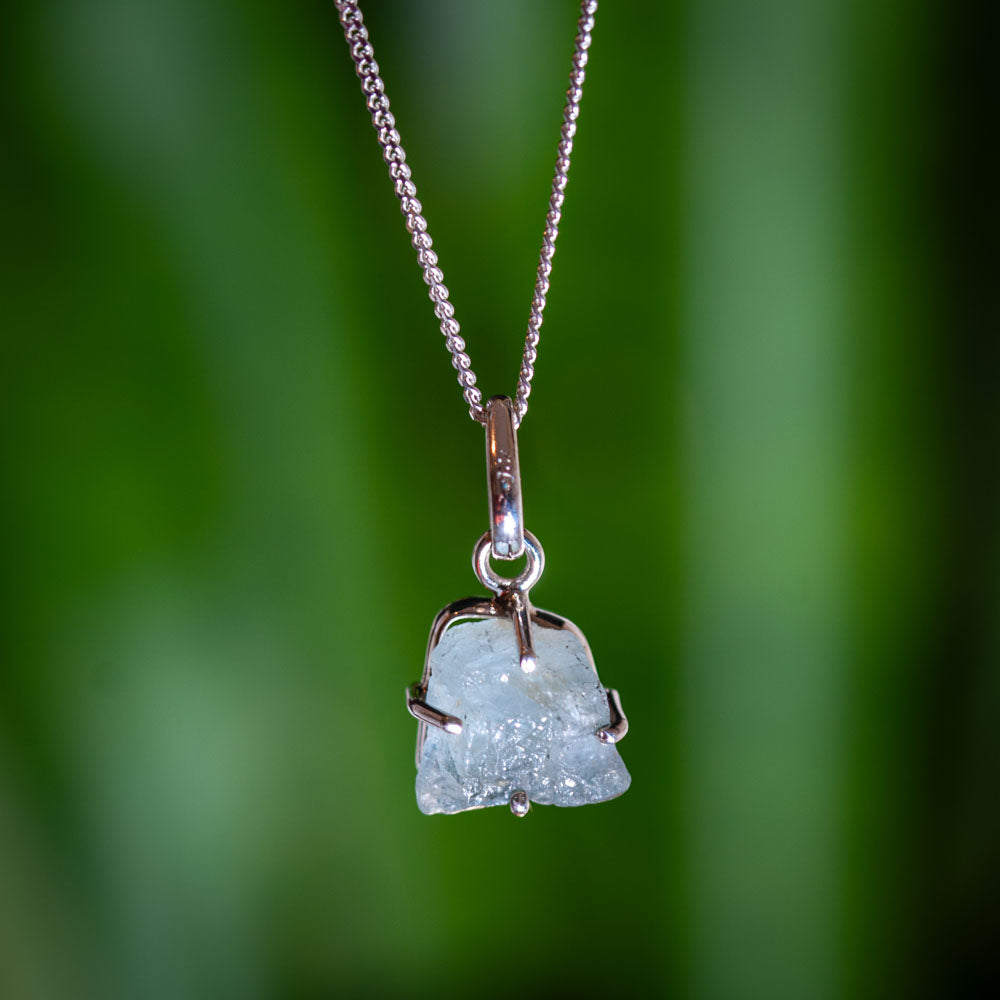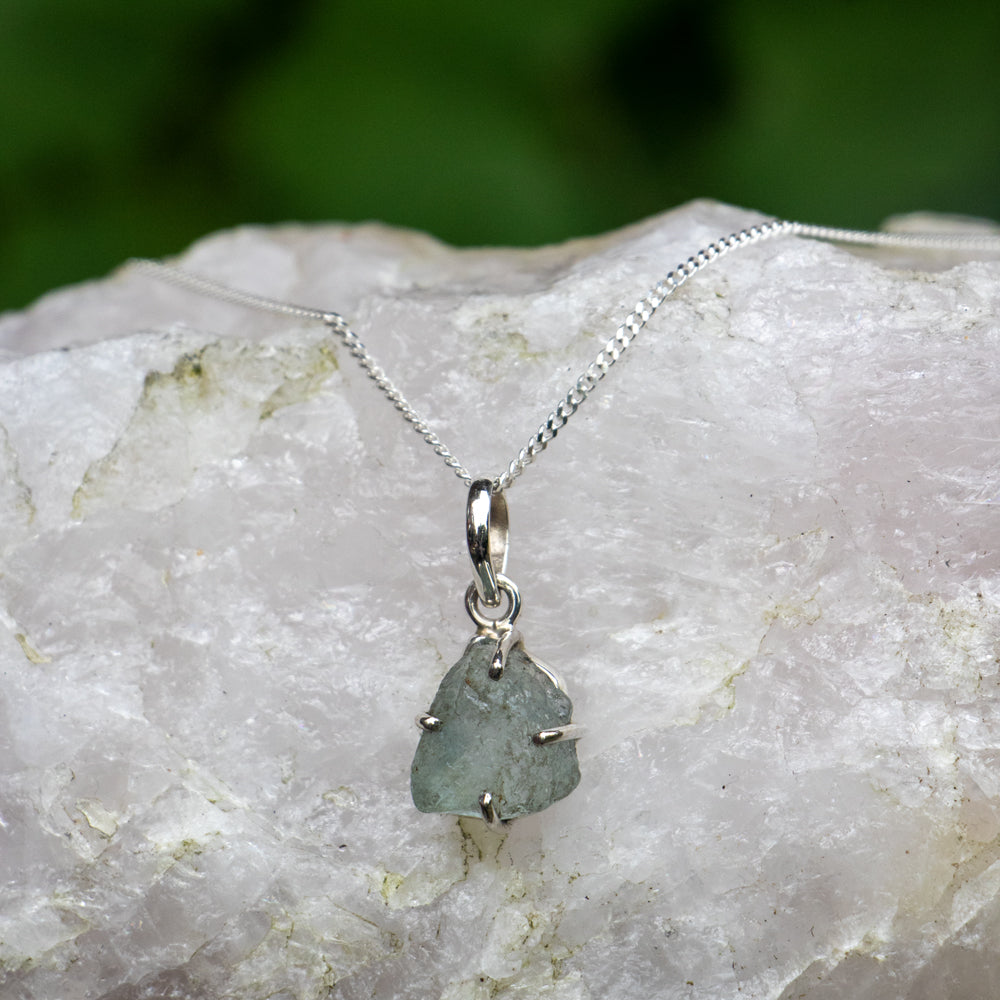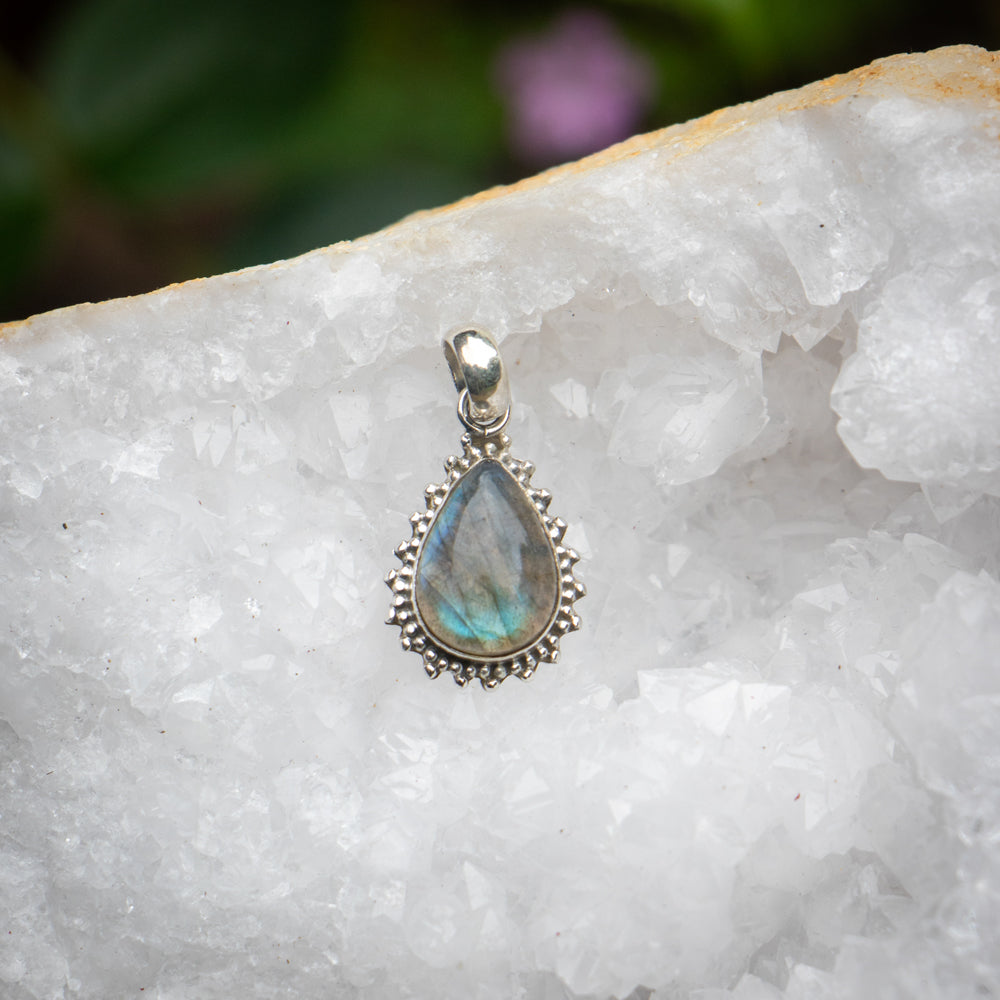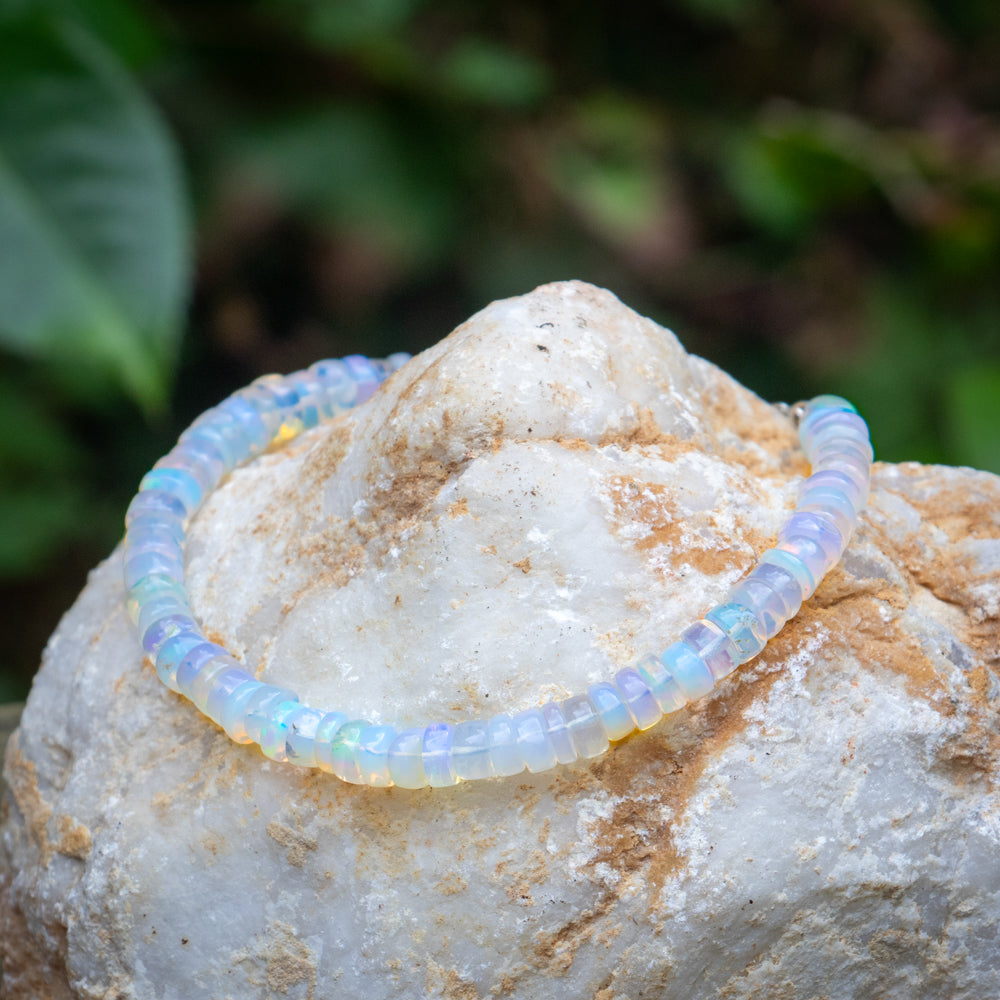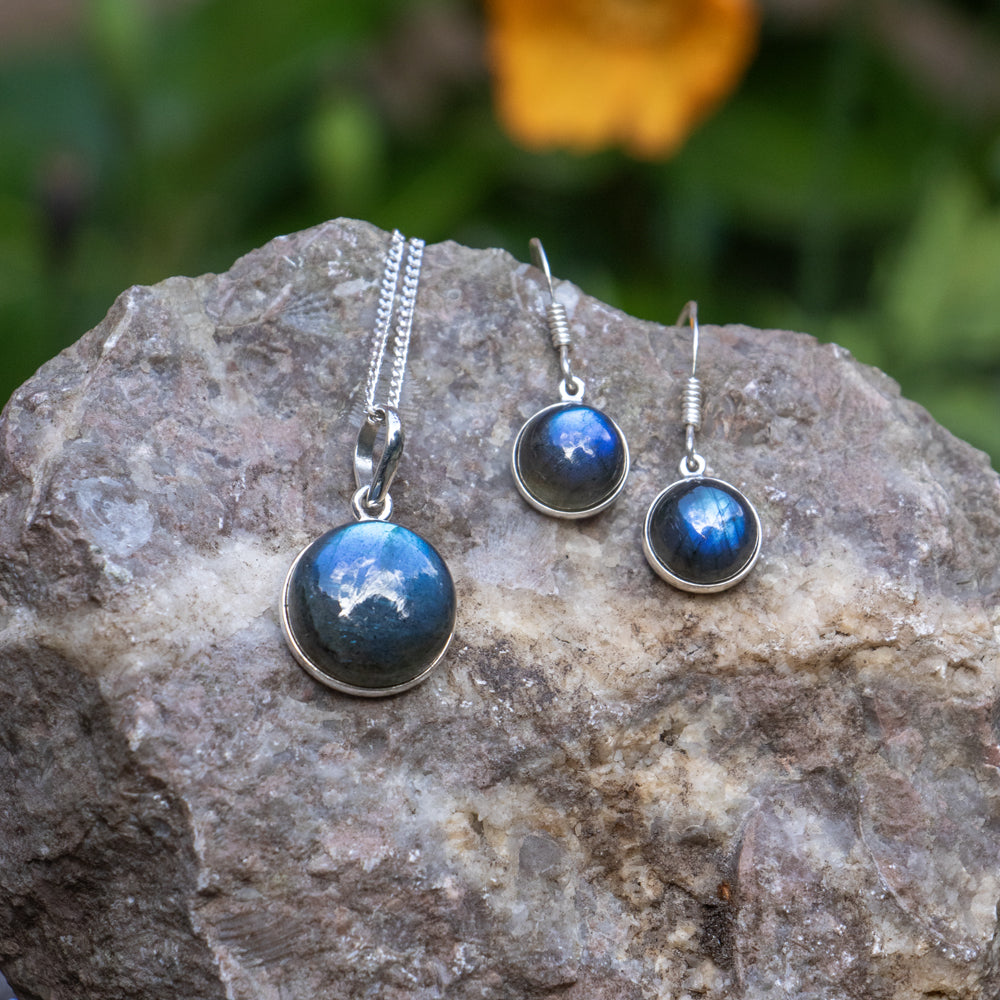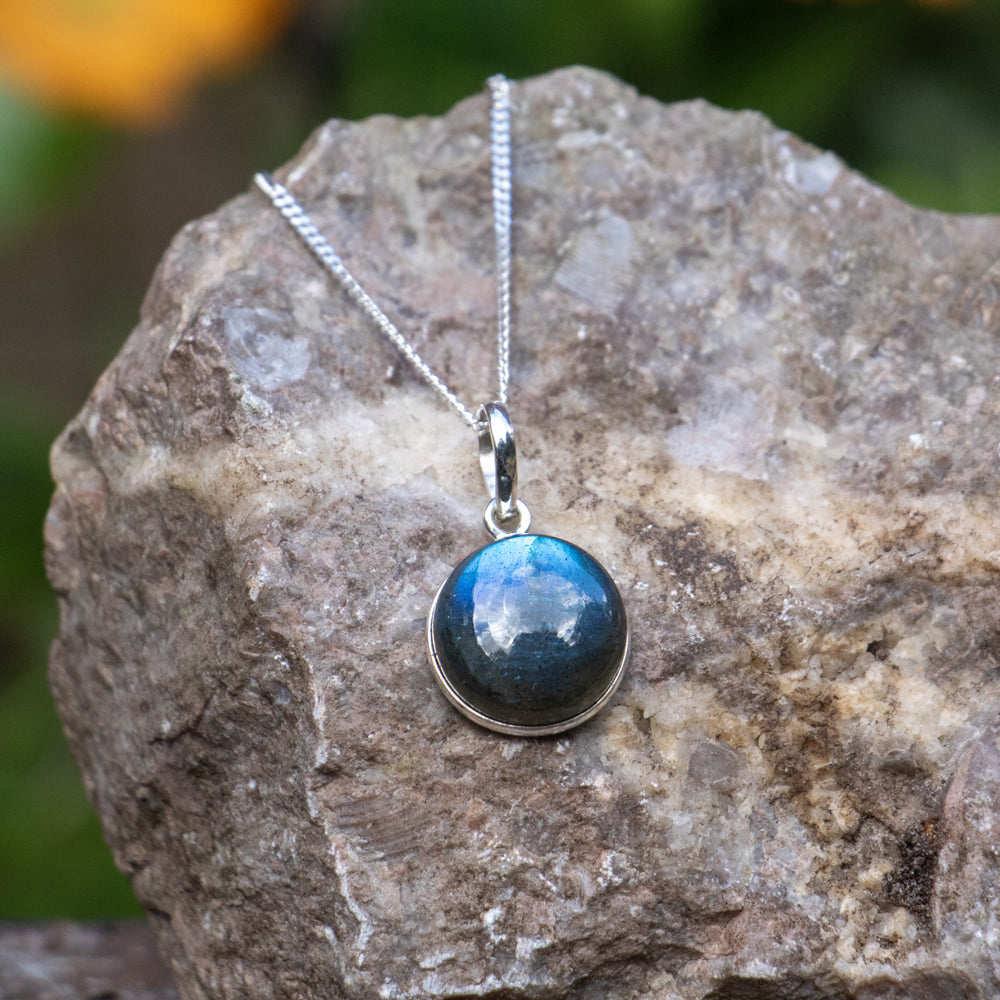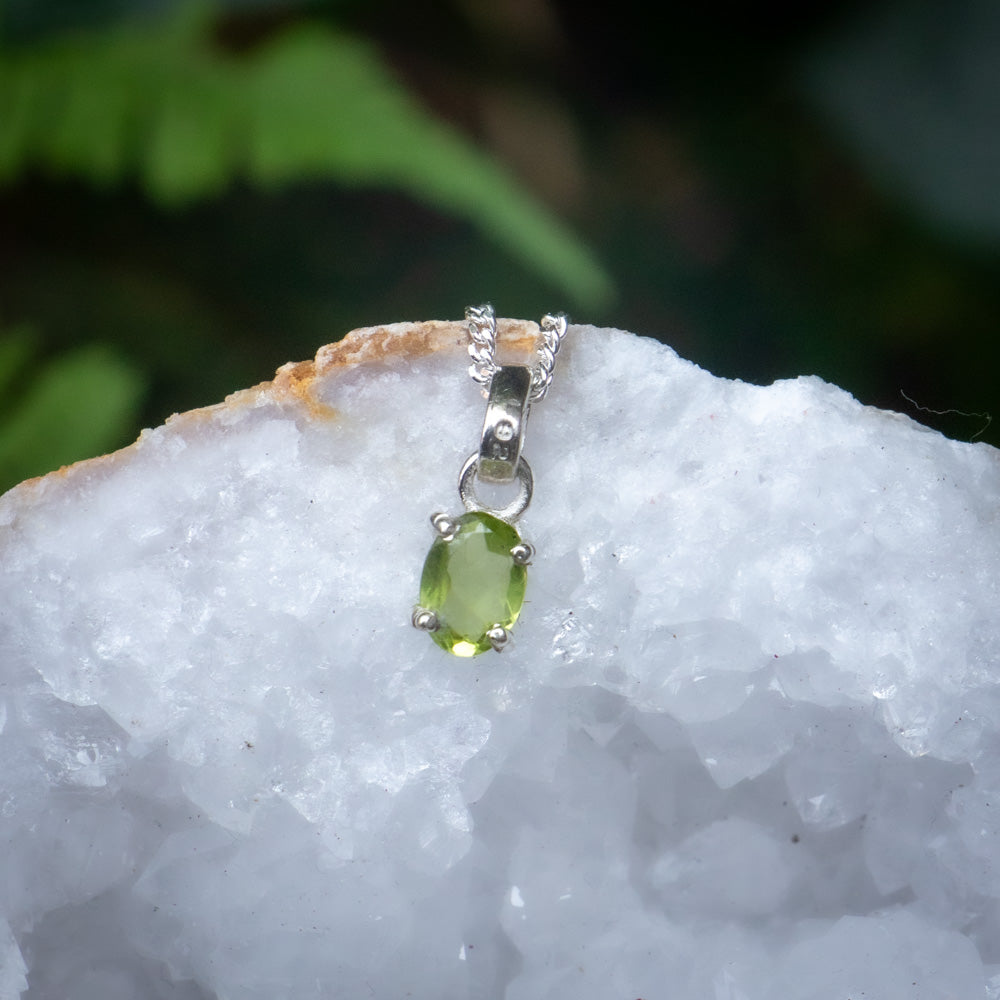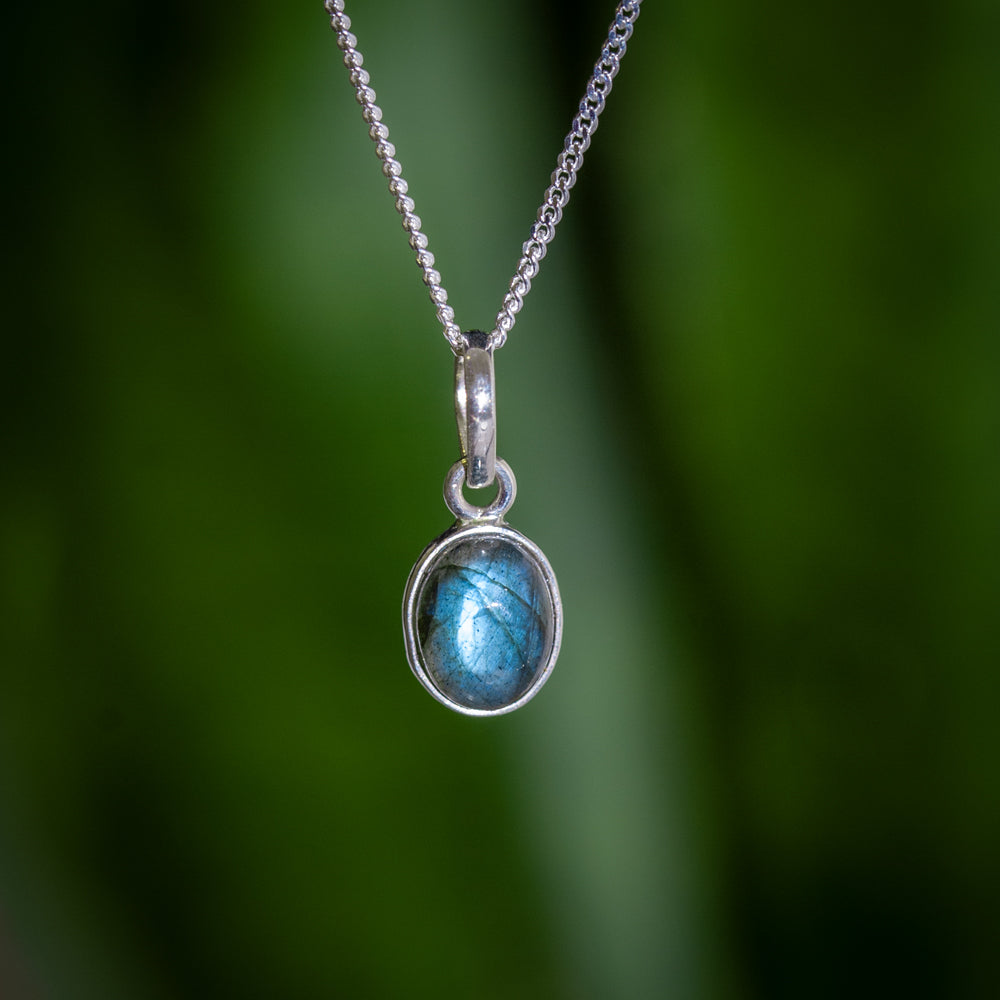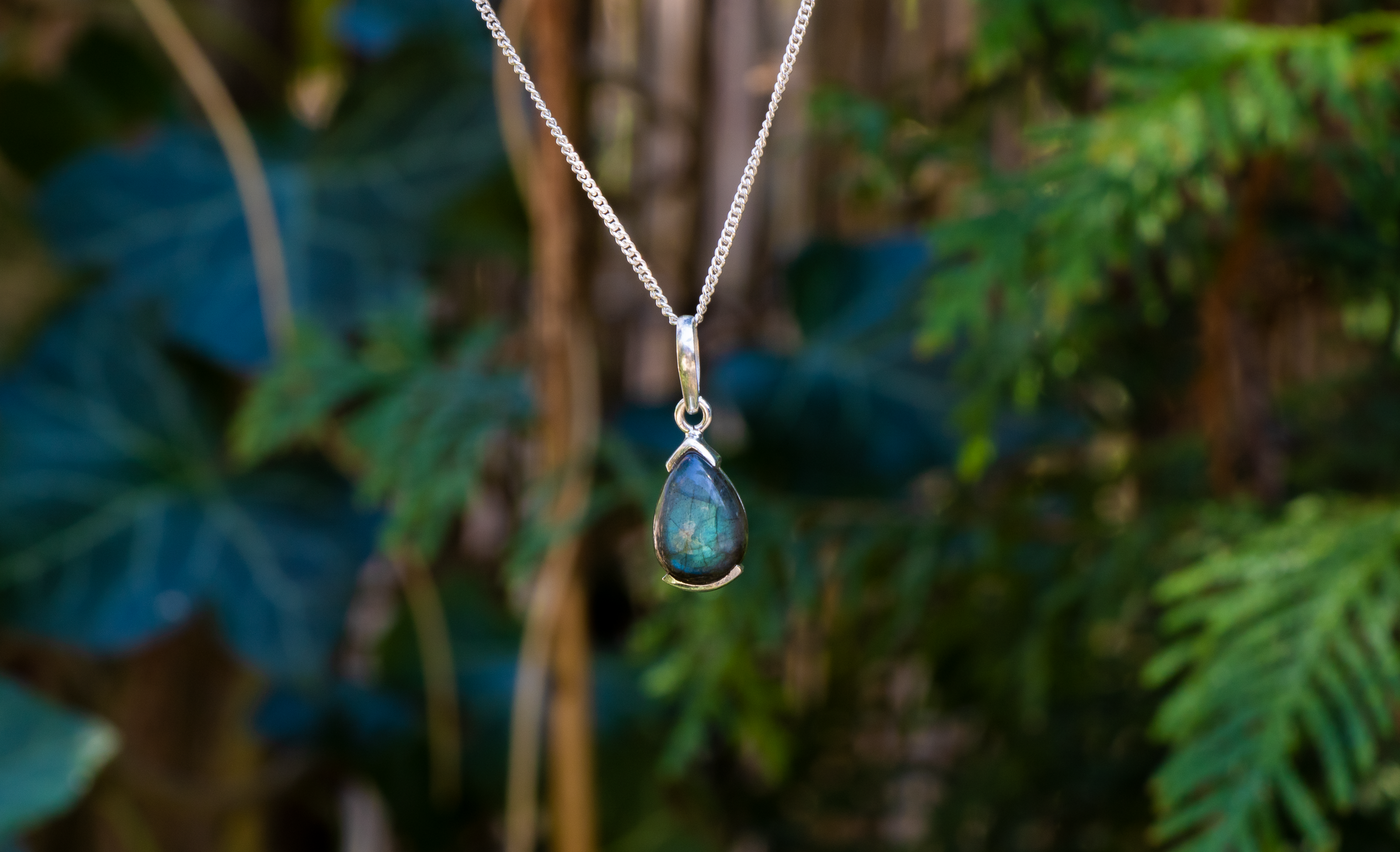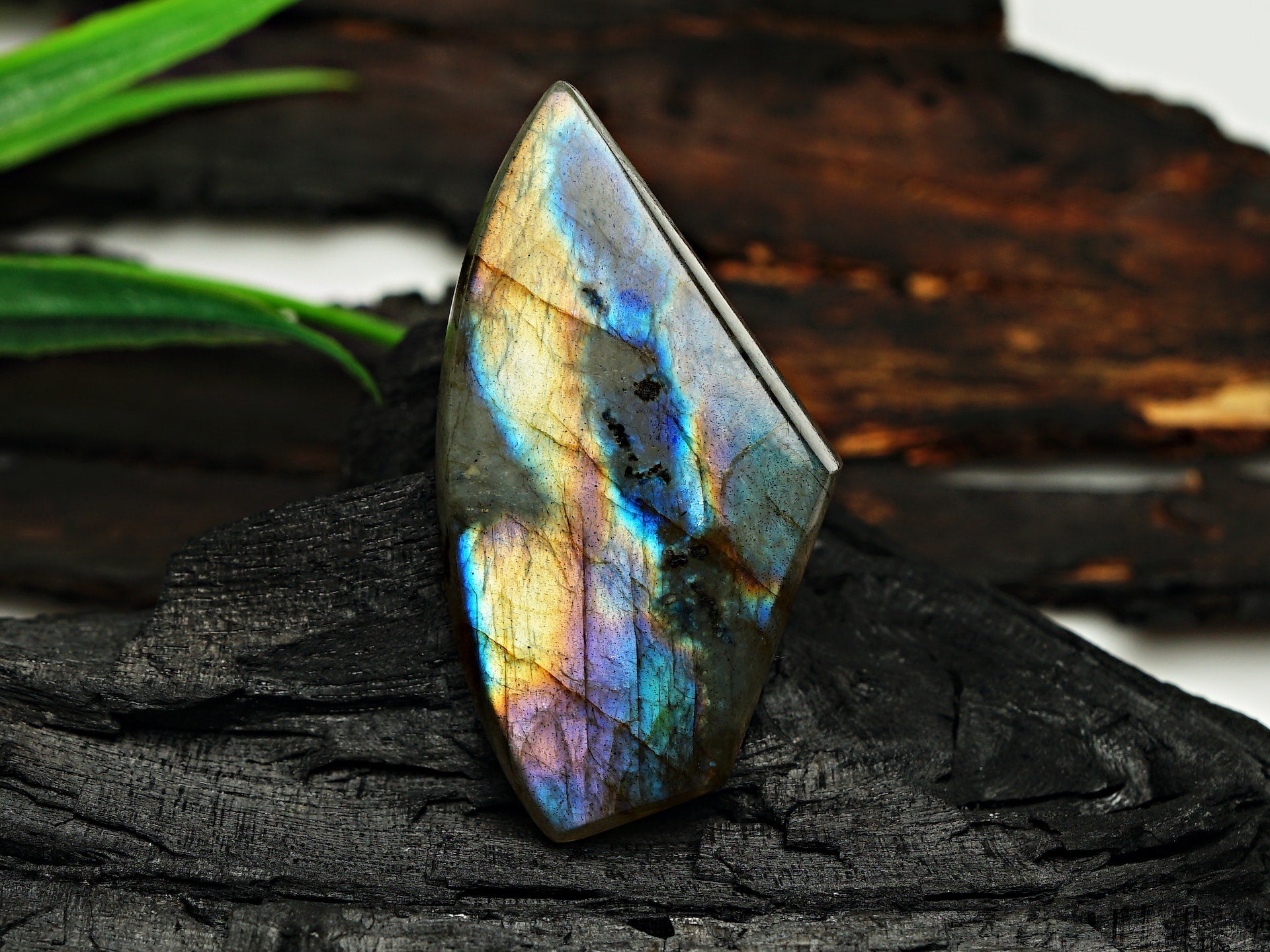
Judging the Quality of Gemstones
Gemstones are precious and beautiful natural creations that attract the attention of jewelers and jewelry lovers all over the world. Whether diamonds, emeralds, sapphires or other precious stones, assessing the quality of gemstones is an essential skill for those involved in the jewelry trade and for those who are looking for high-quality gemstones for their personal collection. In this article, we provide an overview of the most important criteria and factors used in assessing the quality of gemstones.
1. Color
Color is one of the most important aspects in assessing the quality of gemstones. Each gemstone has its own characteristic color spectrum, and the purity, intensity, and evenness of the color are crucial. In diamonds, the absence of color (colorlessness) is considered the highest quality, while in colored stones, vivid, pure, and even colors are often preferred.
2. Clarity
Clarity refers to the degree of internal and external imperfections in a gemstone, also known as inclusions. A gemstone with minimal inclusions and good clarity is considered to be of higher quality. Diamonds have their own clarity grading system, with the clearest and most transparent stones representing the highest quality.
3. Grinding
The cut of a gemstone affects its brilliance, fire and overall appearance. A well-cut gemstone will make the most of the light it catches, resulting in a vibrant brilliance and excellent reflection of light. The cut should be symmetrical, with even facets and a good finish.
4. Weight and Carat
The weight of a gemstone is measured in carats. One carat is equal to 0.2 grams. Carat weight affects the value of the gemstone, with larger stones generally being valued higher. It is important to note that carat weight alone does not determine whether a gemstone is of high quality, but it can affect its price and rarity level.
5. Origin and Certification
The origin of a gemstone can affect its value and quality. Some regions are known for producing high-quality gemstones, while others may be less prestigious. Additionally, obtaining a certificate of authenticity from a reputable gemological laboratory can help confirm the quality and specifications of a gemstone.
6. Treatment and Naturalness
Some gemstones undergo treatment processes to improve their color, clarity, or durability. It is important to know whether a gemstone is natural or treated, as this can affect its quality and value. Untreated gemstones are generally valued higher due to their natural beauty and rarity.
Evaluating the quality of gemstones requires knowledge, experience, and the right tools. For jewelers and professionals in the industry, it is important to stay up-to-date on the latest developments in gemology and the specific criteria that apply to each gemstone. For jewelry enthusiasts, it is valuable to know what to look for when purchasing gemstones and to rely on reputable sources and experts.
Evaluating the quality of gemstones is a fascinating and ongoing journey that allows us to discover the beauty and unique characteristics of these natural creations. With the right knowledge and care, we can enjoy the splendor of high-quality gemstones that continue to enchant and inspire us.



